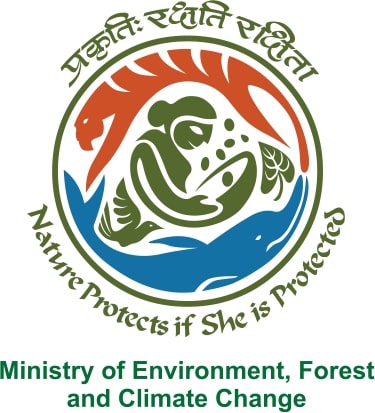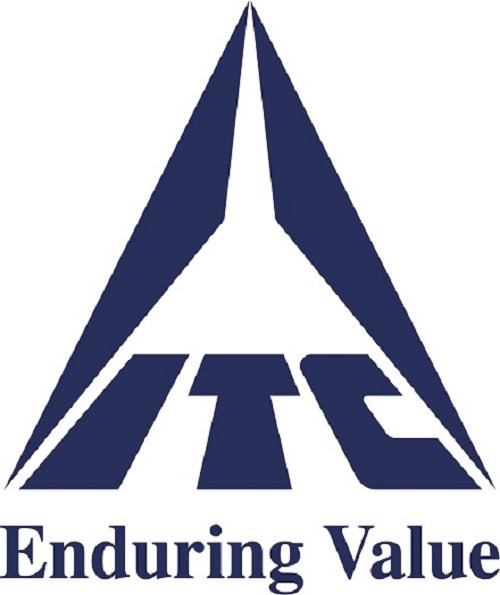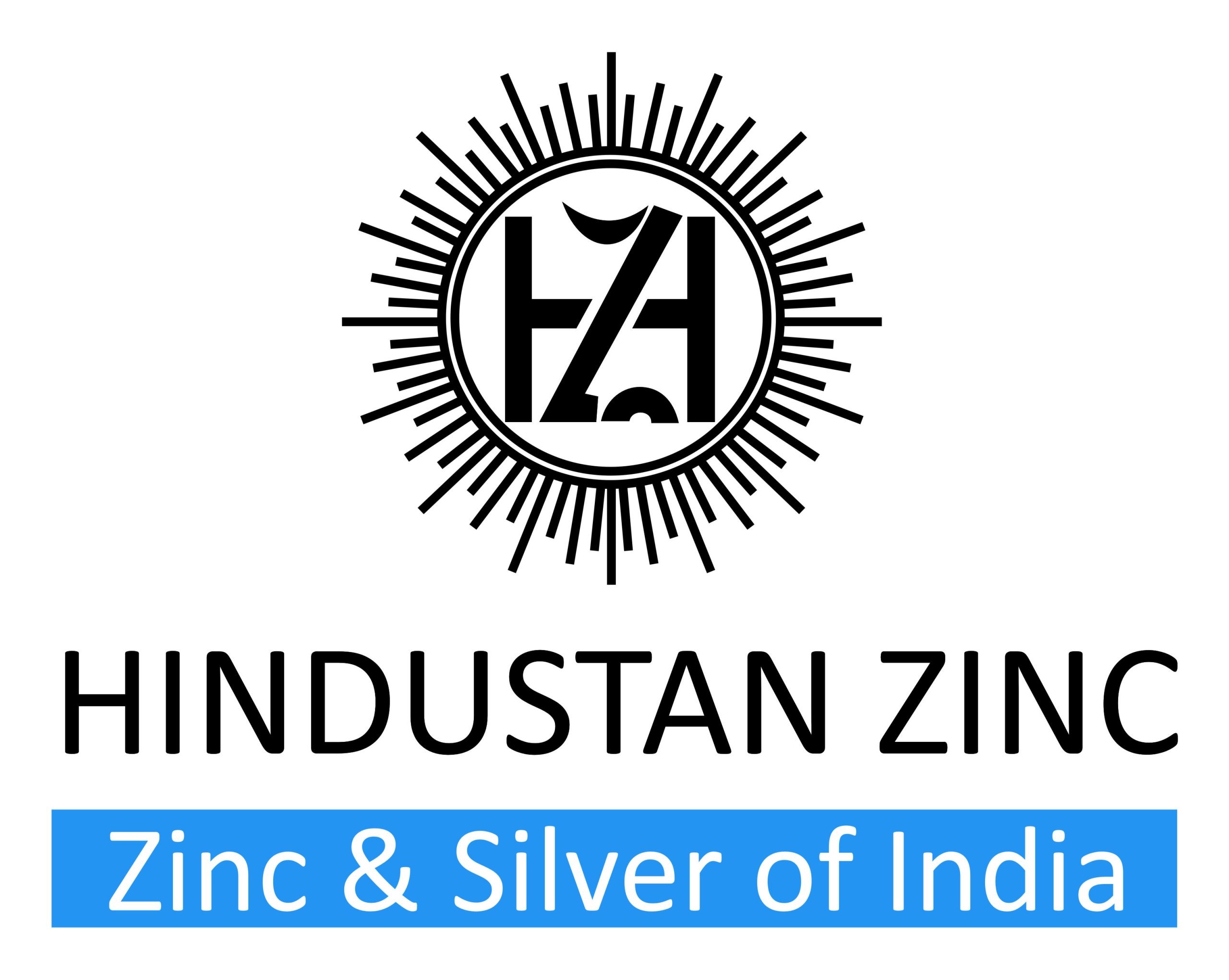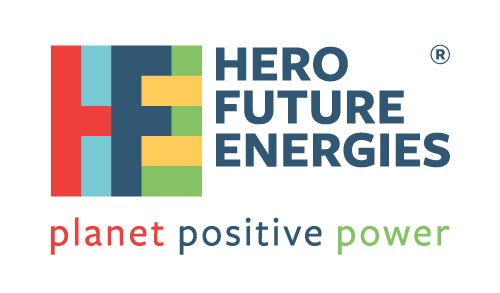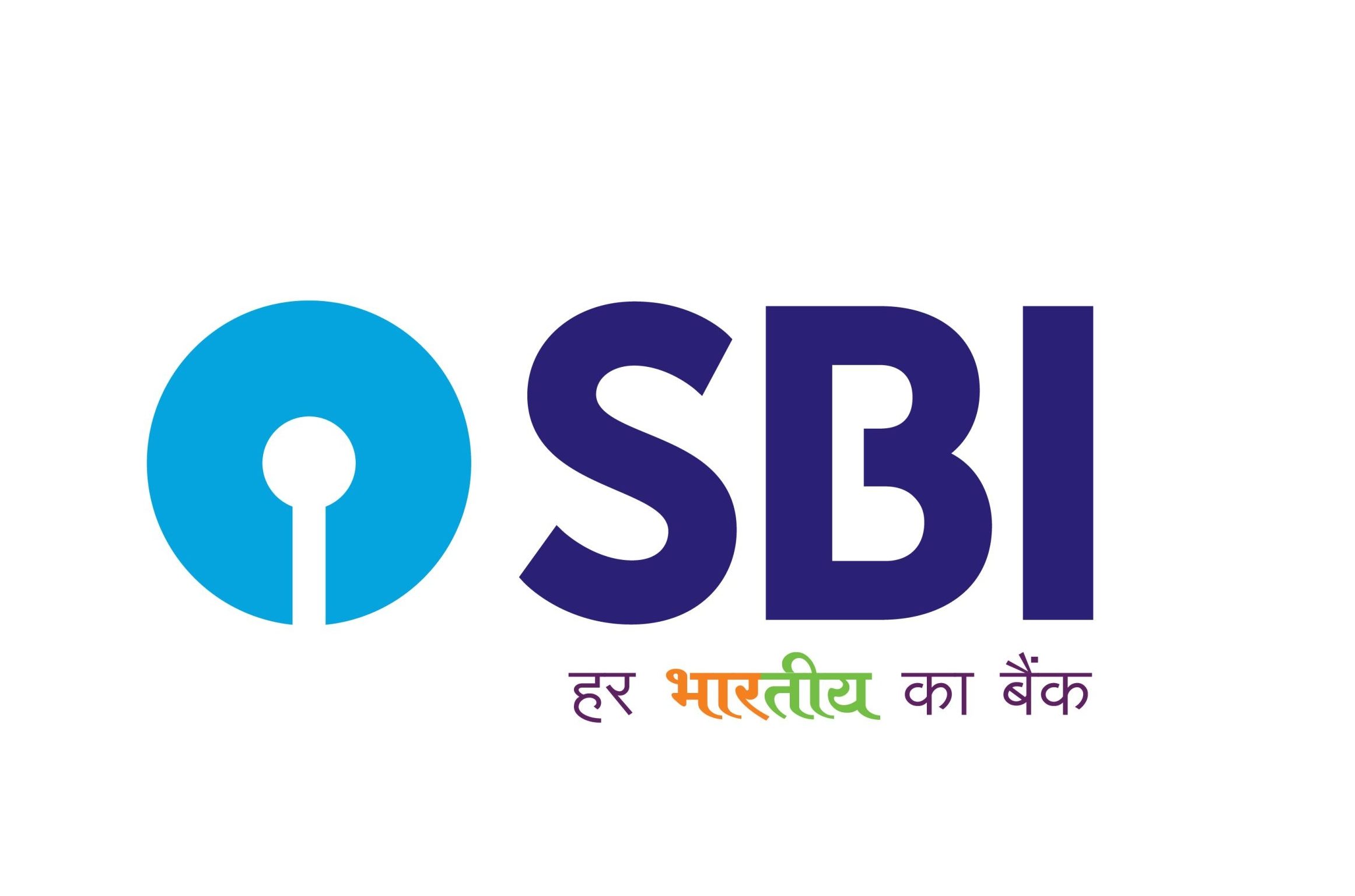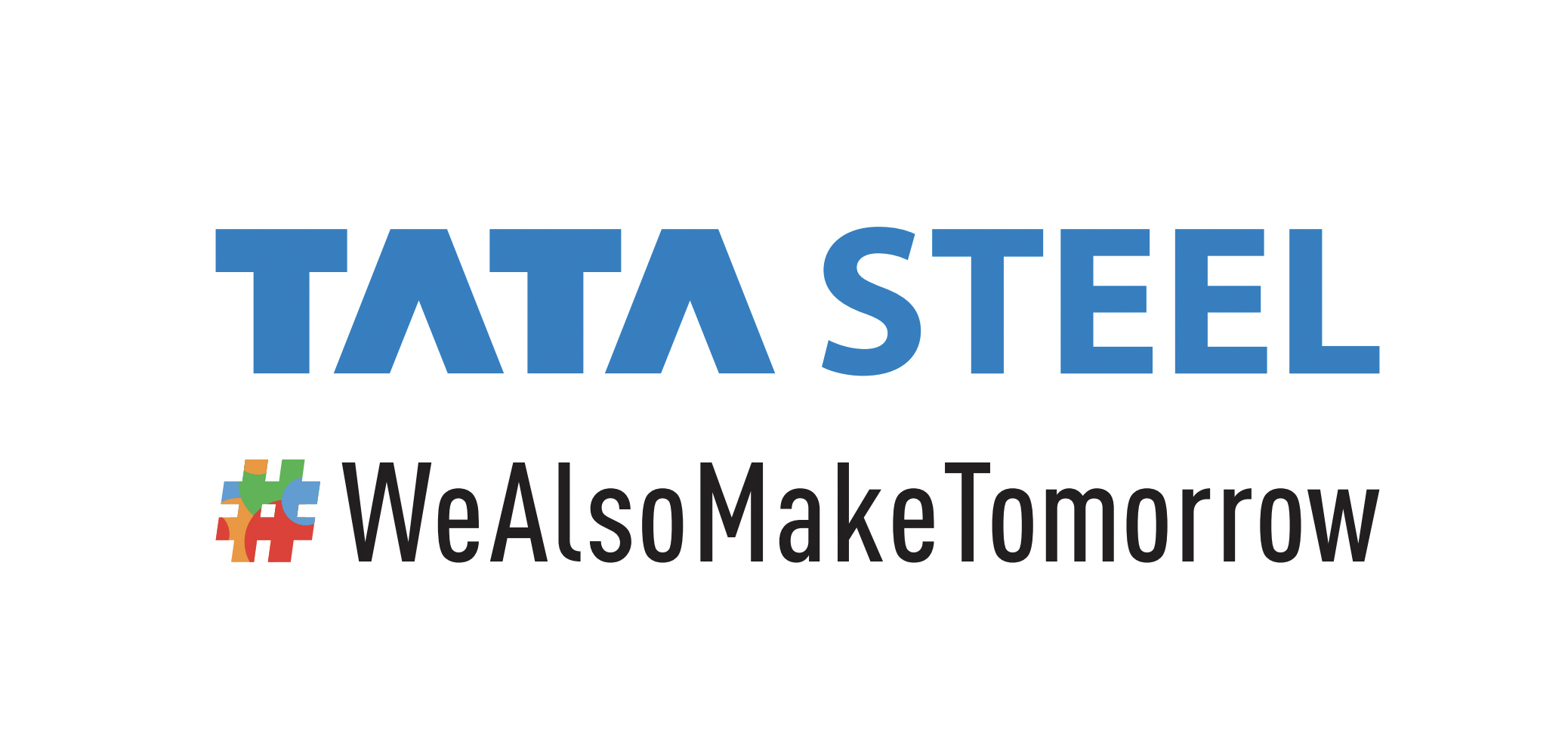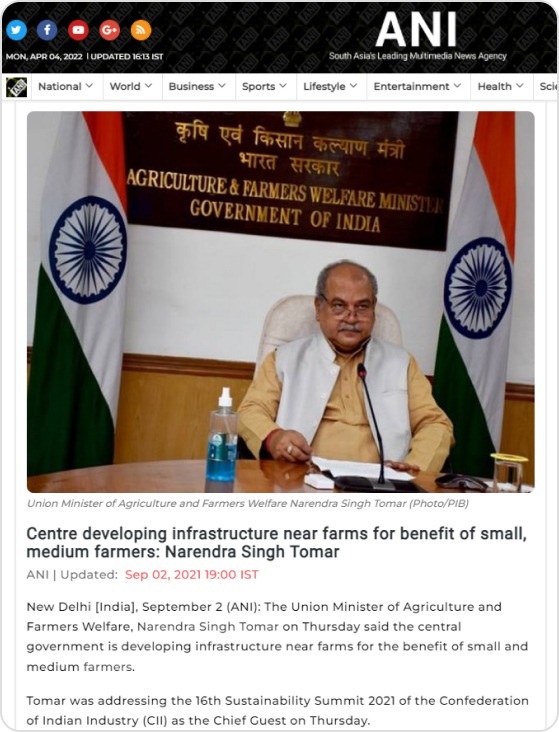

Life on earth has crossed number of tipping points due to planetary emergencies.
Environmental risks are perceived to be critical long-term threats to the planet, with “climate action failure”, “extreme weather”, & “biodiversity loss” ranked as the three most severe risks as per the WEF Global Risk Report 2022. Without major interventions, these risks will soon reach a critical stage.
Since there is no Planet B, it is high time to act. Addressing the global challenges involves a critical step of achieving sustainability in an integrated an coordinated manner at the global, national, regional, & local levels.
The solutions for these risks need to be adapted to the local context and priorities, thereby bridging the gap between local actions and global impacts.
The 17th Sustainability Summit will bring to fore global ideas and thought leadership that will inspire action at the local level to drive sustainability transition. The Summit will build discussions on innovative approaches for businesses, governments, and institutions to address risks and opportunities in an integrated way that will build the foundation for a sustainable tomorrow.

Tracks & Sub Themes
Climate Change
Climate Action: Road to Net Zero
Financing Climate Action
Scaling up Renewable Energy
Ensuring Just Transition for Decarbonisation
Reversing Nature Loss
Sustainable Cities
Urban Mobility
Cleaner Air Better Life: Responsible Businesses for Better Quality of Life
Save Water Save Life
Trailblazers in Sustainability
Women Champions in Sustainability
Startup Champions in Sustainability
Corporate Champions in Sustainability
Value Chain
Integrating Sustainability in Value Chains
Global Risks & Interconnections
Corporate Action on Human Rights
ESG
Future of Corporate Disclosures
ESG for Corporates
Investors' Perspective
Creating Sustainable Organisations
Circularity
Circular Economy
Plastics management: policy and business perspective
Partnerships and Innovation for India’s Circular Economy Transition
Technology & Innovation
Enabling Technology Towards Building a Sustainable Tomorrow
Speaker Quotes
17th Sustainability Summit
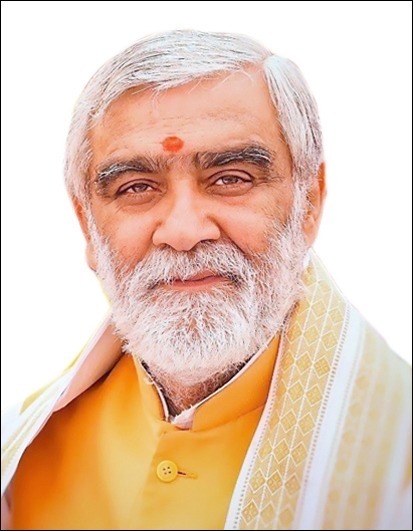
Shri Ashwini Kumar Choubey
Minister of State for Environment, Forest and Climate Change & Consumer Affairs, Food and Public Distribution, Government of India

H. E. Mariam bint Mohammed Saeed Hareb Almheiri
Minister of Climate Change and Environment, UAE
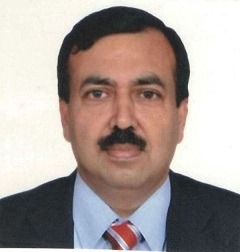
Shri Sudhanshu Pandey
Secretary, Department of Food and Public Distribution, Ministry of Consumer Affairs, Food and Public Distribution, Government of India

H.E. Cecilia Ekholm
Ambassador for Sustainable Businesses, Ministry of Foreign Affairs, Sweden

H. E. Freddy Svane
Ambassador, Royal Danish Embassy

H.E. Ritva Koukku-Ronde
Ambassador, Embassy of Finland
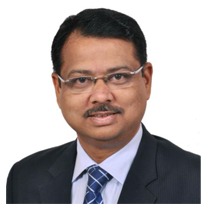
Shri Dinesh Dayanand Jagdale
Joint Secretary, Ministry of New and Renewable Energy, Government of India


Sustainability Summit Agenda
| Time(IST) | Session | Venue |
|---|---|---|
| 0900-1000 hrs |
0900-1000 hrs
Registration
|
|
| 1000-1100 hrs Sovereign 1 |
1000-1100 hrs
(Venue: Sovereign 1) 
Shri Ashwini Kumar Choubey
Minister of State for Environment, Forest and Climate Change & Consumer Affairs, Food and Public Distribution, 
Shri Sudhanshu Pandey
Secretary, Department of Food and Public Distribution, Ministry of Consumer Affairs, Food and Public Distribution, Government of India 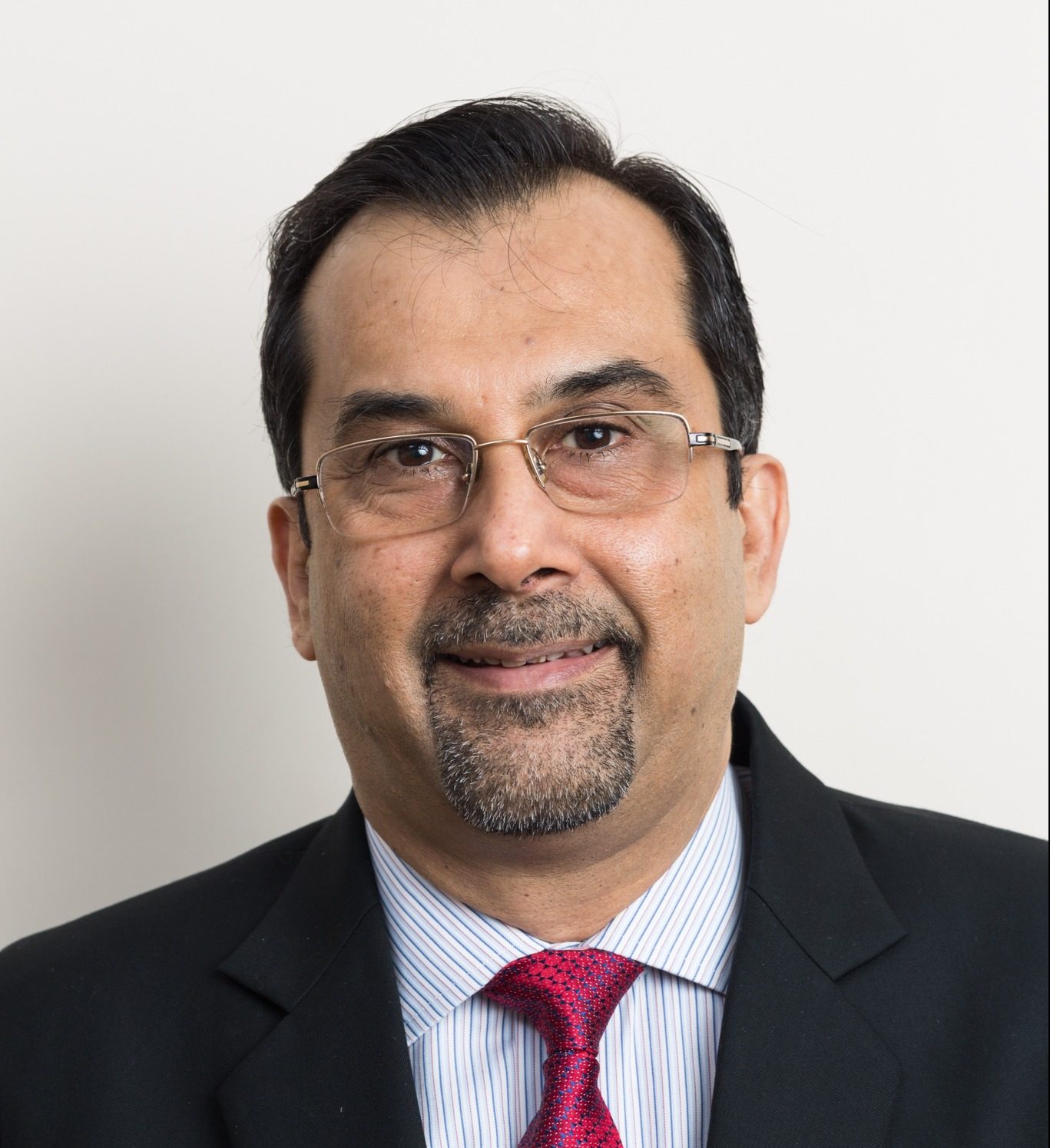
Mr Sanjiv Puri
Vice President, Confederation of Indian Industry, and 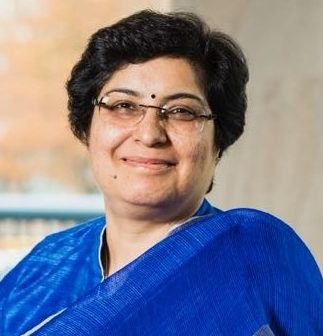
Ms Seema Arora
Deputy Director General, Confederation of Indian Industry |
Sovereign 1 |
| 1100-1200 hrs Sovereign 2 |
1100-1200 hrs
There is an intrinsic link between the issues associated with climate, ecosystems, and society. Changes in one may lead to severe consequences in another. The impacts of climate catastrophes reverberate around the globe through natural and socio-economic systems. Loss of biodiversity, growing pollution, and the pandemic are intertwined with rising inequality affecting the most vulnerable. As the systems are connected, the potential for crises to spread grows ever greater. Unprecedented global risks have given rise to a constantly changing world. There is more evidence than ever that unplanned and uncontrolled development has risked the Earth systems with irreversible consequences. In order to convert these risks into opportunities, it is important to understand the interconnections with natural, socio-economic, and human systems. Local and regional involvement is equally significant to stimulate effective bottoms-up transformation. Global and local stakeholders representing government and businesses should recognize the interdependent nature of global challenges. The session will address global sustainability risks, the interconnections and how to convert them into opportunities. It will highlight how integrated local and regional actions can propel change for a better tomorrow. (Venue: Sovereign 2) 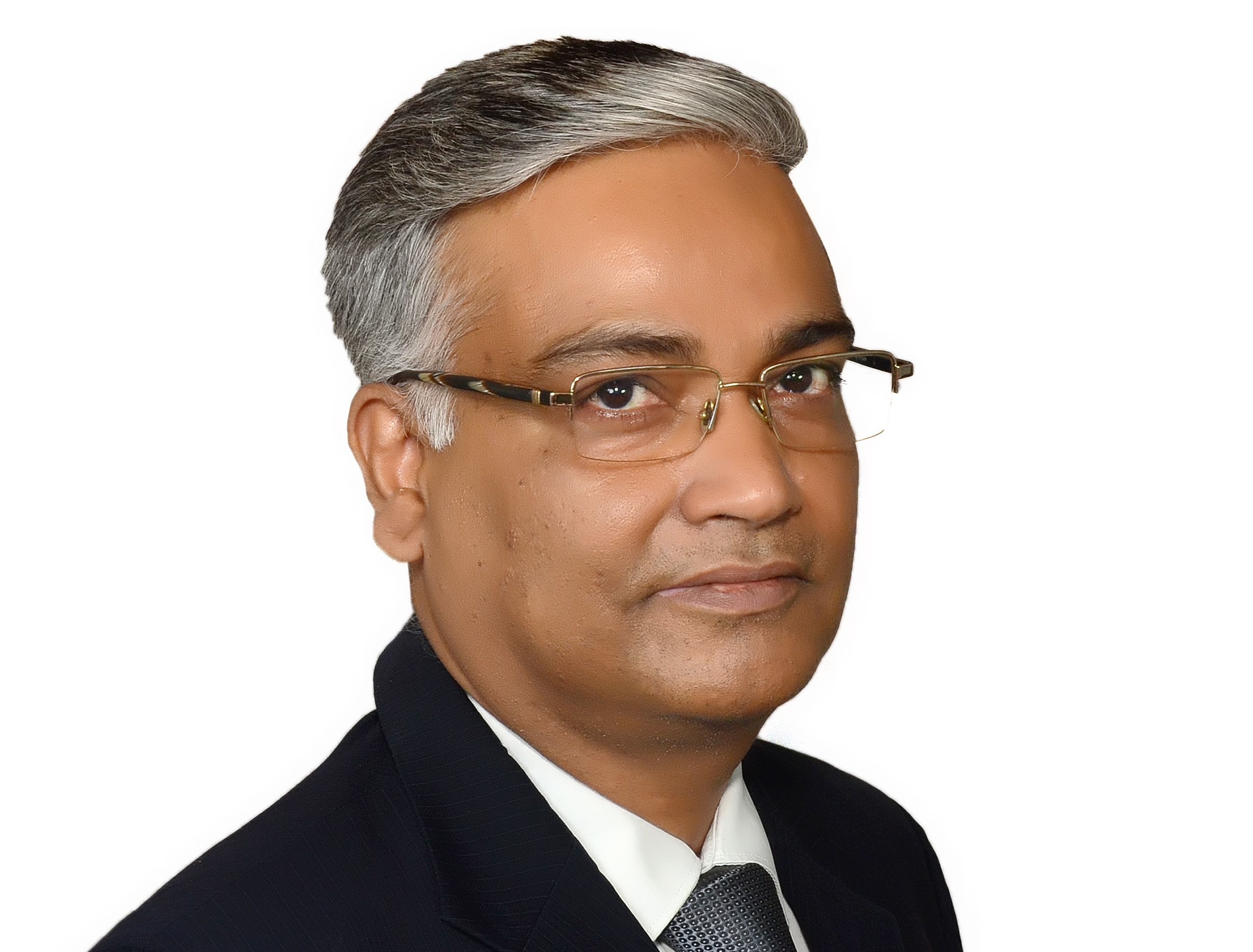
Mr Prabodha Acharya
Chief Sustainability Officer, JSW 
Mr Joe Phelan
Executive Director Asia Pacific & Member of the Extended Leadership Group, WBCSD 
Prof Purnamita Dasgupta
Chair, Environmental Economics and Head, Environmental and Resource Economics Unit, Institute of Economic Growth 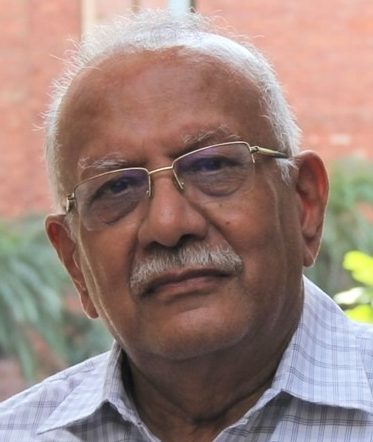
Mr Nitin Desai
Former Under-Secretary General, United Nations |
Sovereign 2 |
| 1100-1200 hrs Sovereign 1 |
1100-1200 hrs
In recent years technology is changing the ways of life. Countries around the globe are making plans setting various targets to make the world a sustainable place. Businesses, governments, institutions, and investors are working together to innovate, finance and establish technologies that can enable the future with zero emissions, zero waste, and zero inequality. These ambitious plans and targets have the potential to become a reality with the advent of progressive technological development. Technologies enhancing public electric transport, carbon capture and storage, hydrogen in the energy transition, accessible solar power, LED light efficiency, plastic recycling, energy storage, big data and analytics are shaping the sustainability agenda. Businesses are now innovating and implementing such technologies that enable and drive a redefined business processes with positive impacts. The session will focus on the how to accelerate the pace of adopting environment friendly technologies and delivering technological solutions at the national and local level. (Venue: Sovereign 1) 
Ms Susanna Hasenoehrl
Senior Vice President and Head of Sustainability SAP 
Mr Daniel Schmid
Chief Sustainability Officer, SAP 
Mr Thomas Steenbech Bomhoff
Regional President APAC & MEA, Novozymes 
Dr Rohini Srivathsa
National Technology Officer, Microsoft India 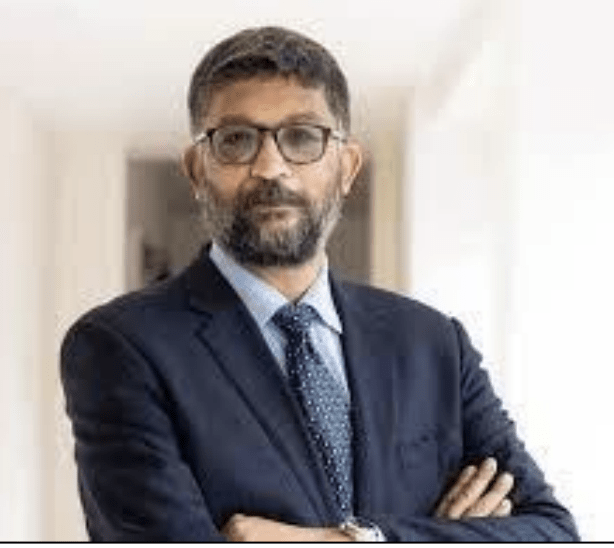
Mr Rampraveen Swaminathan
MD & CEO, Mahindra Logistics |
Sovereign 1 |
| 1200-1230 hrs Sovereign 1 |
1200-1230 hrs
Sustainability has become a priority for business leaders as they face rising pressure for change from consumers, investors, regulators, and their own employees. Data suggests that companies that take the lead on environmental, social and governance (ESG) issues generate up to 2.6 times more value for shareholders than their peers. However, as companies set more ambitious environmental, social, and governance (ESG) goals, there is a growing realization that delivering on the sustainability agenda will be impossible without technology. The session will focus on elements that any sustainability strategy needs to look at including technology, as companies move further on the path to create more sustainable organizations. (Venue: Sovereign 1) 
Ms Rekha M. Menon
Chairperson and Senior Managing Director, Accenture India 
Ms Seema Arora
Deputy Director General, Confederation of Indian Industry (CII) |
Sovereign 1 |
| 1230-1245 hrs Sovereign 1 |
1230-1245 hrs
(Venue:Sovereign 1) 
Her Excellency Mariam bint Mohammed Saeed Hareb Almheiri
Minister of Climate Change and Environment, UAE |
Sovereign 1 |
| 1300-1400 hrs |
1300-1400 hrs
Lunch
|
|
| 1400-1445 hrs Sovereign 1 |
1400-1445 hrs
Corporate disclosures are driven by the requirements of stakeholders, including society at large and shareholders in particular. And currently there is a huge ‘mismatch’ between stakeholder needs and reporting/disclosure contents, especially sustainability-related information, ‘which reveals extensive impression management and gaps in performance portrayal’. There is a lack of clarity about whether the real effects of reporting are aligned with its objectives – particularly in light of the growing attention to social and environmental issues. The future of corporate disclosure will be guided by the development of a singular internationally recognized set of reporting standards, with non-financial disclosures integrated into financial disclosures. A local adaptation of such standards could follow from there. The session will bring out the course of disclosures that the stakeholders believe to be beneficial for the Indian industry. Also, the role and opinion of regulatory bodies would be explored to establish a sync between national and global disclosures. (Venue: Sovereign 1) 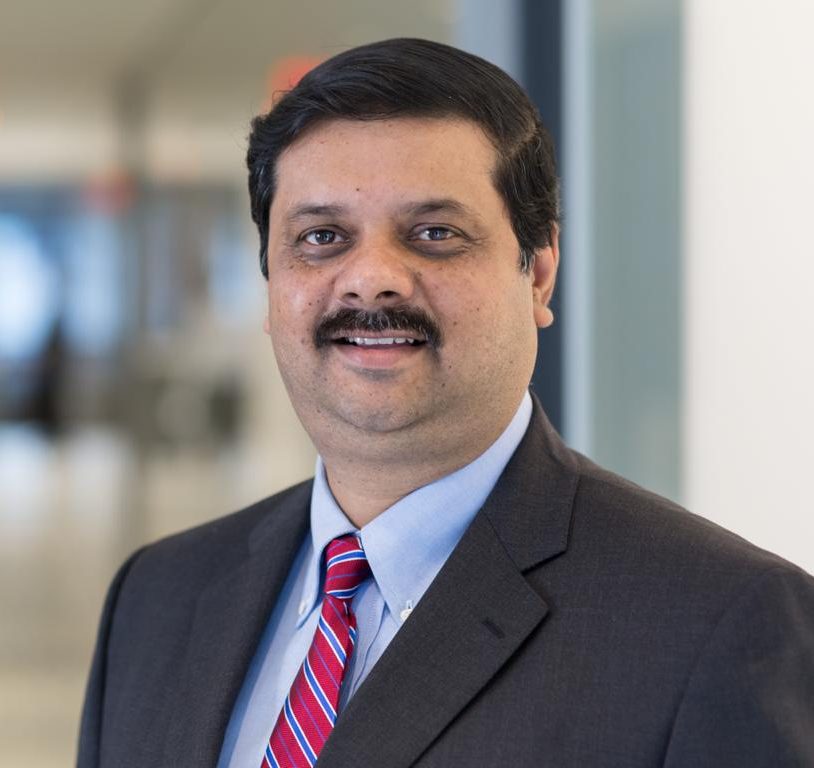
Mr Koushik Chatterjee
Executive Director & Chief Financial Officer, Member of the Board, Tata Steel Limited 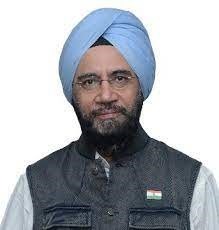
Mr Amarjeet Singh
Executive Director, SEBI 
Ms Prarthana Borah
Director, CDP India 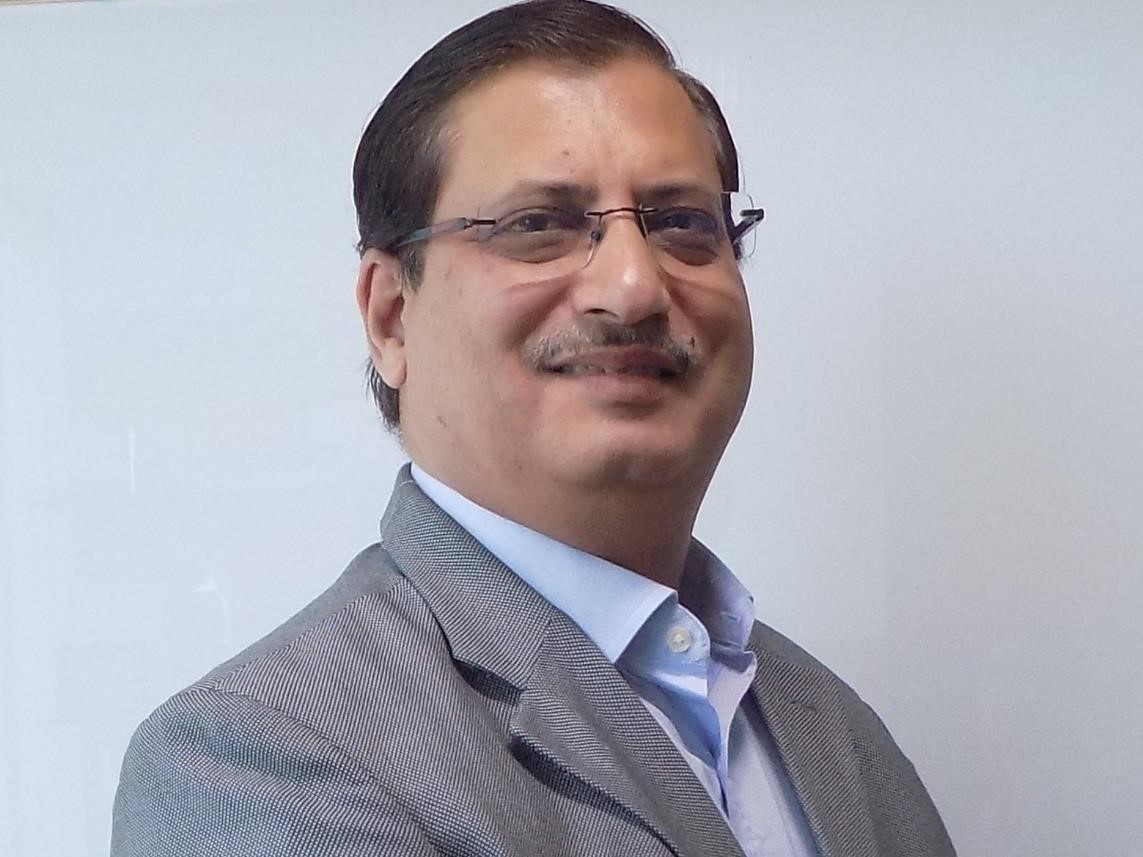
Mr Aniruddha Agnihotri
Head Environmental Sustainability, 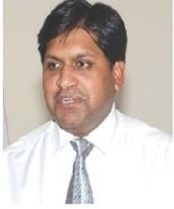
Mr Shikhar Jain
Deputy Head, CII-ITC Centre of Excellence for Sustainable Development |
Sovereign 1 |
| 1400-1445 hrs Sovereign 2 |
1400-1445 hrs
Women, who are the pillars of society, are committed to advancing the ideas of sustainability. Across sectors, women’s expertise has transformed lives and livelihoods, and increased resilience and overall well-being of the environment. Women leaders play a powerful and indispensable role in driving progress in achieving a sustainable tomorrow. Their voices are vital in the fight against global challenges and in driving bold actions on behalf of the people and planet. The session will focus on accomplished women champions who are fighting for a healthy planet and trying to change the world for the better. It will highlight their journey on being the torchbearers of sustainability in the most inspiring way. (Venue: Sovereign 2) 
Ms Madhulika Sharma
Chief Sustainability Officer, ITC Limited 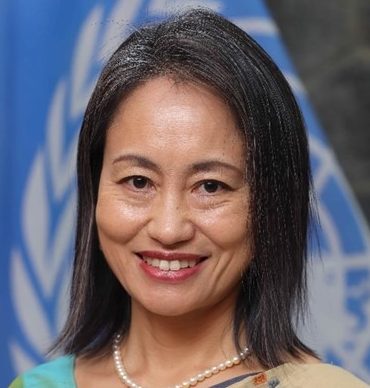
Ms Shoko Noda
UN Resident Representative, UNDP 
Ms Claire Shrewsbury
Director Insights and Innovation, WRAP 
Ms Shruti Shibulal
Chief Executive Officer, Tamara Leisure Experiences 
Ms Susanne Pulverer
CEO & Chief Sustainability Officer, IKEA India |
Sovereign 2 |
| 1445-1530 hrs Sovereign 1 |
1445-1530 hrs
An increased importance and understanding of stakeholder expectations, has driven companies to integrate policies and take up initiatives, that interests and are appreciated by all stakeholders. This has resulted in ESG becoming a central pillar to organisational changes and in turn the whole economic ecosystem. From the stakeholder perspective, ESG metrics provide a transparent assessment of the positive and negative impacts of the company on the economy, the environment and society in which it operates. Climate change and natural resource shortage are examples of environmental issues. Working conditions, employee development, and inclusive development are examples of social issues. Ethics, board diversity, executive compensation, tax transparency and risk management are examples of governance issues. From the company perspective, ESG helps identify risks and opportunities, create a ground for brand differentiation and helps investments. And with such interest from all stakeholders, a larger set of organisations have also mushroomed over time to rate these companies on their ESG performance. The aim of the session is to understand the impact and importance of ESG for corporates and to assess the materiality of these issues in organisations across different sectors. Further, the session also seeks to understand the impact and reliability of the various ESG rating agencies on the economic ecosystem. (Venue: Sovereign 1) 
Mr Shikhar Jain
Deputy Head, CII-ITC Centre of Excellence for Sustainable Development 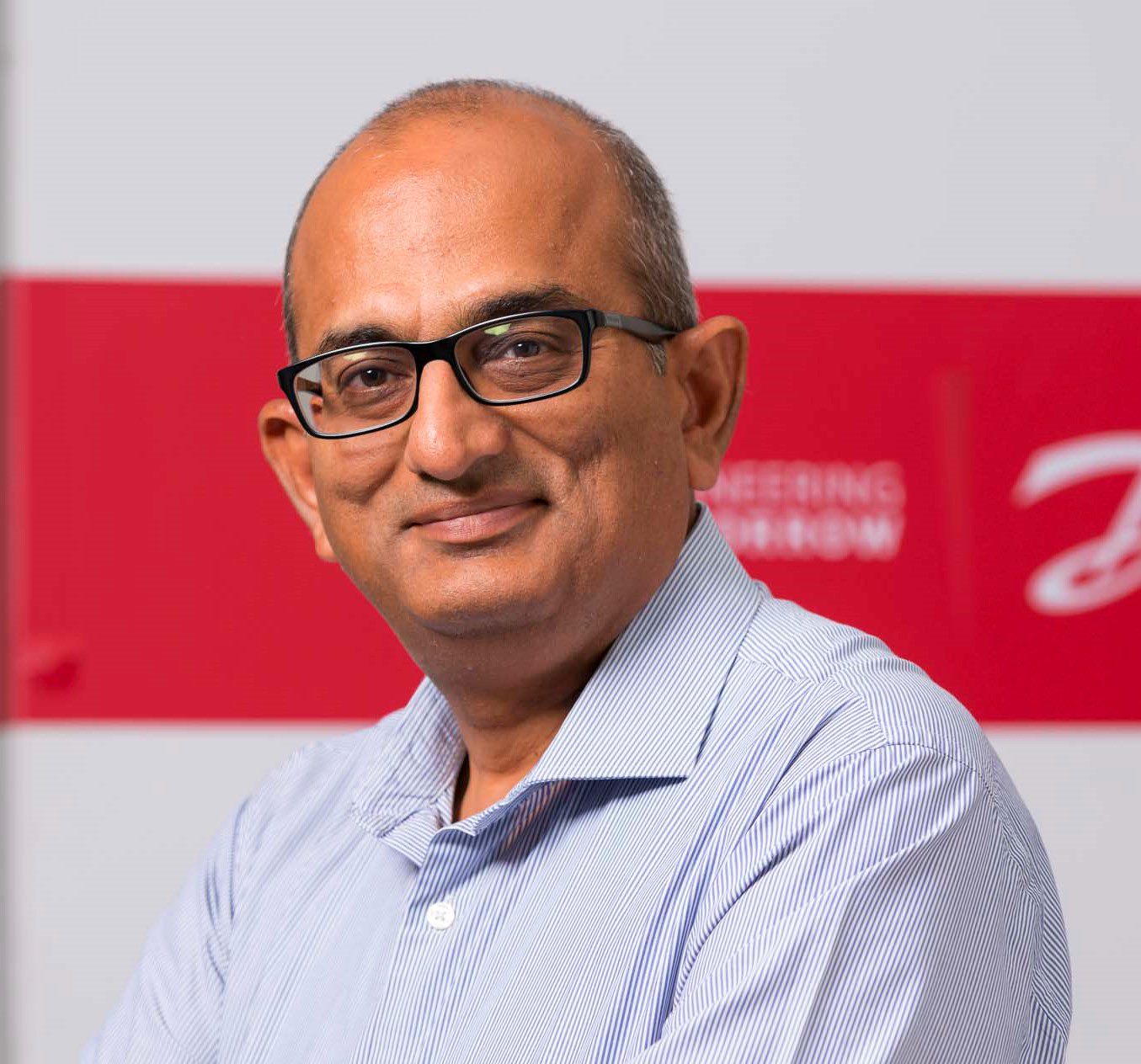
Mr Ravichandran Purushothaman
President, 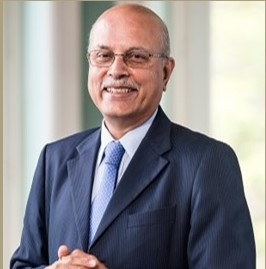
Mr Shailesh Haribhakti
Chairman, Shailesh Haribhakti & Associates 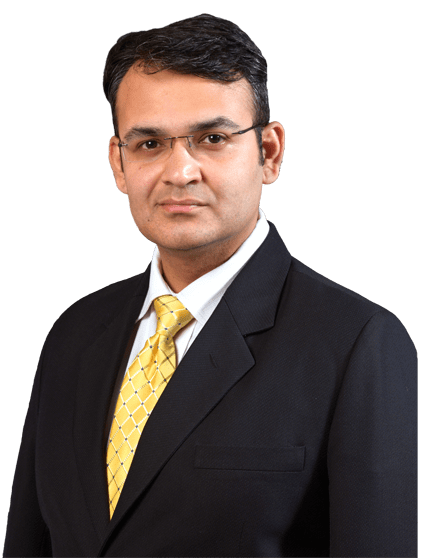
Mr Rahul Prithiani
Senior Director, CRISIL 
Ms Juliet Taylor
Manager, CFO Network, WBCSD |
Sovereign 1 |
| 1445-1530 hrs Sovereign 2 |
1445-1530 hrs
The world is experiencing an unprecedented rate of resource consumption; from 2015 to 2021, the global economy consumed 70% more than what the Earth can safely replenish1. With material requirements outstripping supply, there is an urgent need for a regenerative system – where resource input and waste, emission, and energy leakage is minimized by slowing, closing, and narrowing energy and material loops – such a system is called circular economy2. There is a close link between greenhouse gas emissions and circular economy. 62% of global greenhouse gas emissions (excluding those from land use and forestry) are released during the extraction, processing and manufacturing of goods to serve society’s needs; only 38% are emitted in the delivery and use of products and services3. A circular economy offers a systemic and cost-effective approach to tackle global greenhouse gas emissions. When applied to four key industries – cement, steel, plastic and aluminum – circular economy strategies could help reduce emissions by 40% in 20504. Being a major resource consumer and emitter of greenhouse gases, industry has the responsibility to transition to a more sustainable growth model. Over the course of last decade, circular economy models have garnered support from a growing number of businesses and governments. Transitioning to a circular economy allows industry to decouple resource consumption from economic growth while remaining competitive. Industries in India are increasingly integrating circular economy principles into their operations to help achieve targets related to emission reduction, biodiversity conservation and water conservation. This session will aim to showcase some initiatives on circular economy taken by Indian industry, deliberate on alternative business models, technology and innovations, and present a case for collaborative, data-driven platforms to transition towards a circular economy. (Venue: Sovereign 2) 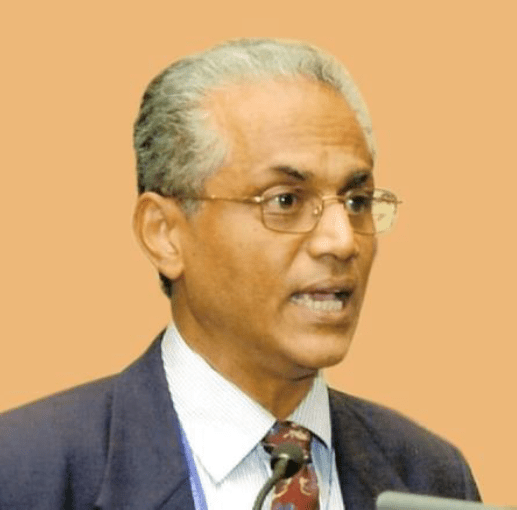
Mr George C Varughese
Independent Strategic Advisor 
Mr Olivier Lorge
Global Market Manager, Polypropylene, Vistamaxx and Exact (PVE), ExxonMobil (Chemical) 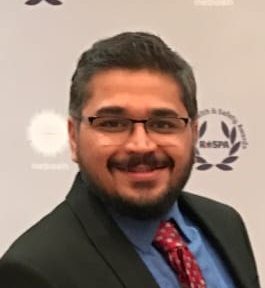
Mr Rahul Nene
Head – Sustainability, Huhtamaki India 
Ms Rhea M Singhal
Founder & CEO, Ecoware Solutions |
Sovereign 2 |
| 1530-1630 hrs Sovereign 1 |
1530-1630 hrs
Investors have a particular latitude in determining the factors they consider for safe investing. However, the climate change crisis and ongoing pandemic has highlighted the interdependence of financial returns, environmental constraints, social trends, and human behaviour. This has strengthened the case for incorporating sustainability into investment decisions, which is evident from the significantly increased asset inflow in the Sustainable Investing funds. However, the vast proliferation of the ESG frameworks and standards, has resulted in hundreds of metrics floating into the Sustainable/ responsible investing ecosystem. Further, the complex nature of the associated risks, like on climate change issues, leads to subjective reporting, evaluation and hence misinterpretation. The investors, hence, seek regularisation and standardisation of not only the ESG frameworks but also ESG Rating agencies, to be able to protect themselves from greenwashing. In this session, we plan to understand the likelihood of an increased interest in ESG investing by traditional investors in India and the underlying motivators as well as the deterrents of the same. Also, we plan to understand which ESG investment instruments are likely to gain more momentum in the market and how do corporates align to such changes. (Venue: Sovereign 1) 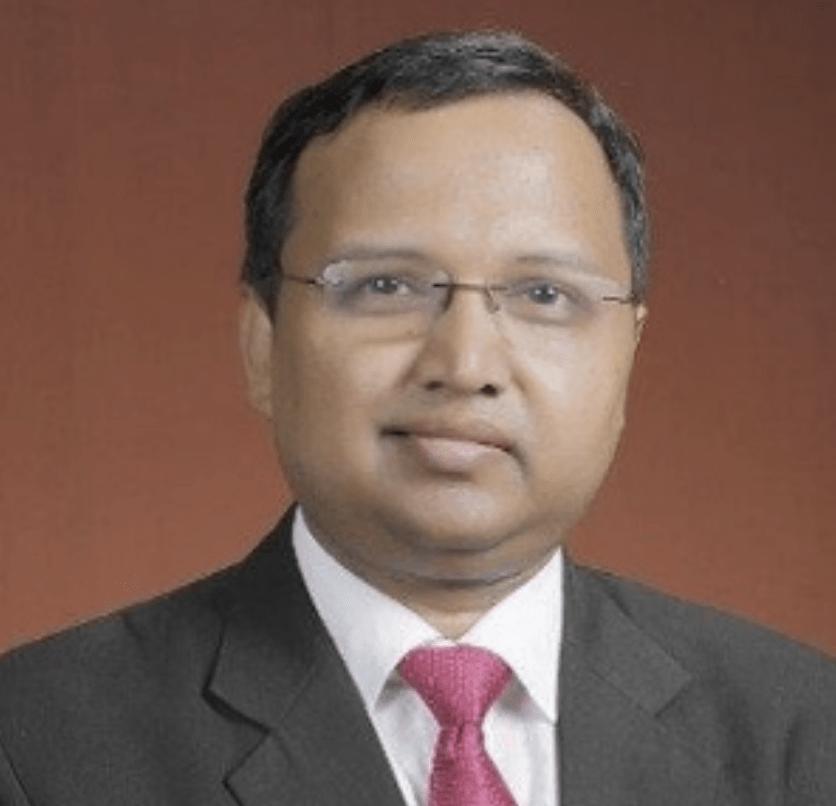
Dr Sanjeev Kumar Singhal
Chairman, Sustainability Reporting Standards Board & Auditing and Assurance Standards Board, ICAI 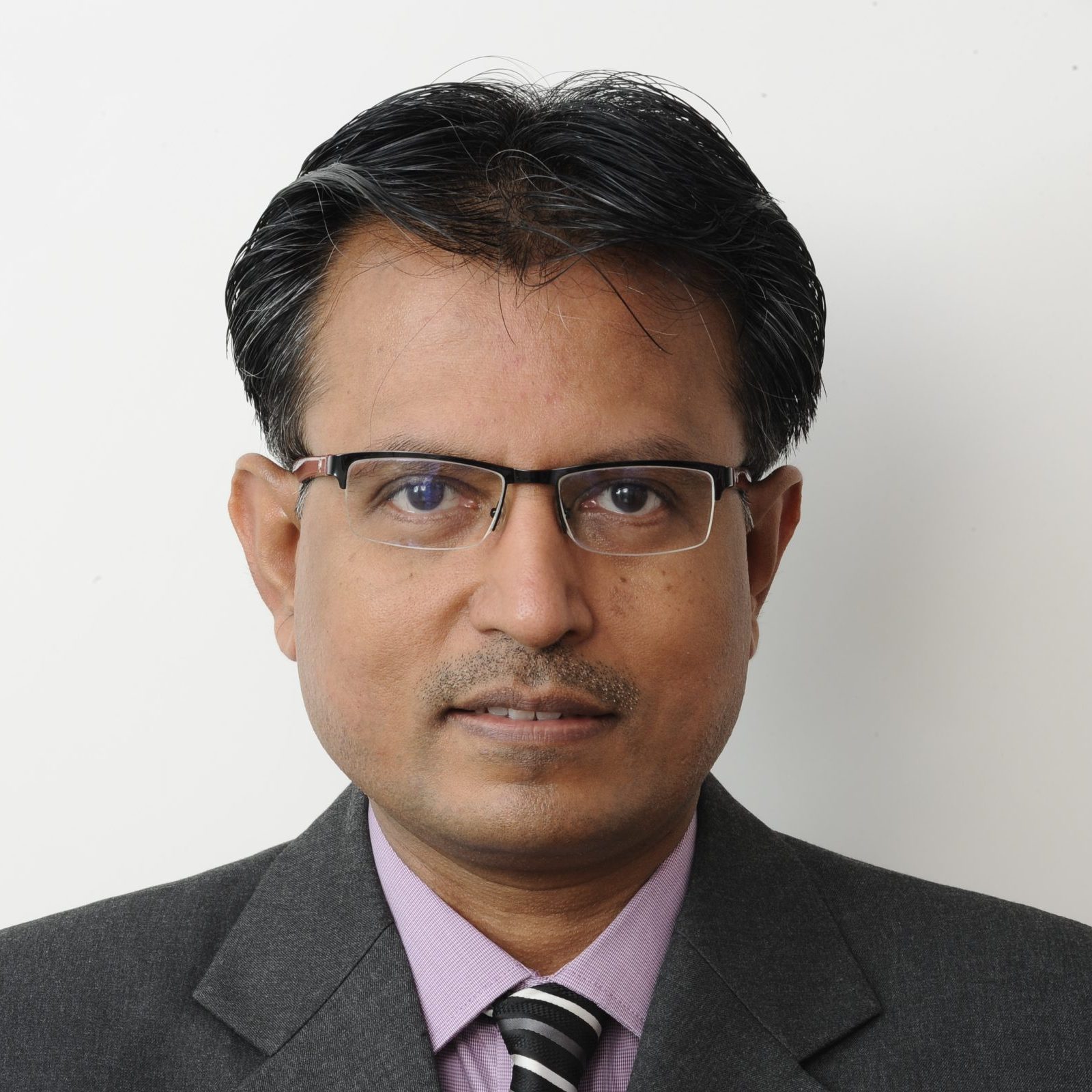
Mr Nilesh Shah
Group President 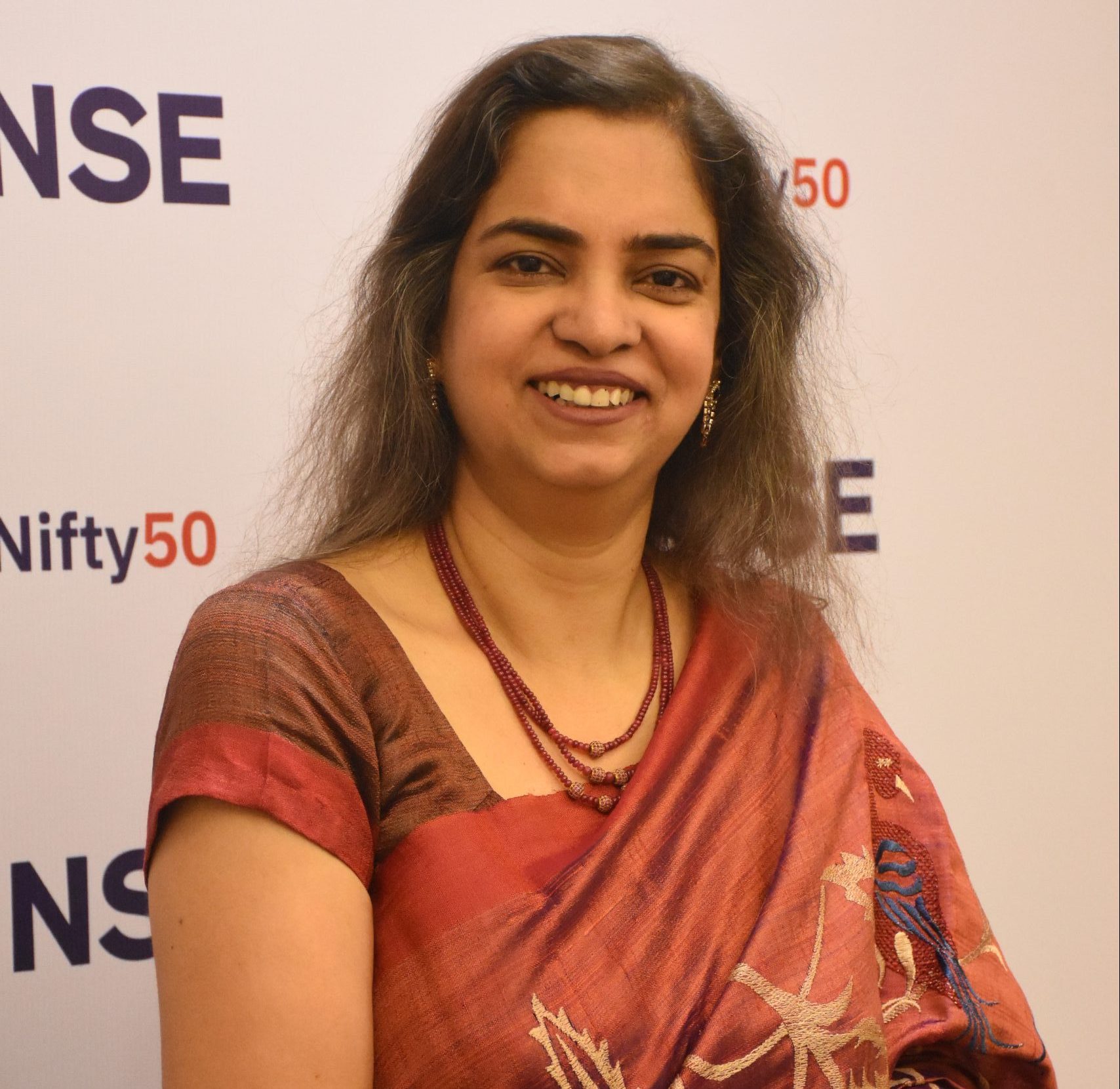
Ms Priya Subbaraman
Chief Regulatory Officer, National Stock Exchange of India 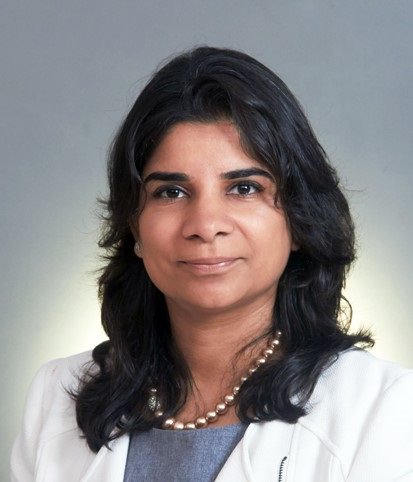
Ms Deepa Aggarwal
Chief Representative, SGX India Liaison Office 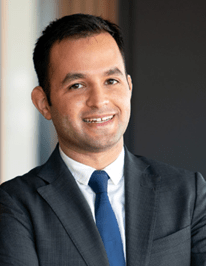
Mr Shrey Kohli
Head of Debt Capital Markets and Product Origination, London Stock Exchange |
Sovereign 1 |
| 1530-1630 hrs Sovereign 2 |
1530-1630 hrs
Life on earth is facing survival challenges due to climate change. Earth’s average global temperature has already warmed by 1.1°C compared to pre-industrial levels, with more intense disasters, changing weather patterns, and struggling ecosystems 1. Tackling climate crisis is now one of the greatest challenges that humankind has facing. More than 190 countries, in COP 26 have set targets to cut emissions to keep within reach the global warming limit of 1.5 degrees2. For transitioning to carbon neutrality, economic growth of a country must be centered around climate-smart approaches, such as producing and consuming clean energy, moving to fuel-efficient transport systems, sustainable mining, climate-smart agriculture, and water systems, and many more. To achieve India’s commitment of net-zero emissions by 2070, it is important for stakeholders like government, businesses, investors to come up with stringent and workable means of cutting down on emissions and accelerate climate action. Carbon Capture, Utilization and Storage (CCUS) has rapidly emerged as a key technology to support ‘hard to abate’ sectors in accelerating climate action for decarbonisation in India. To support the CCUS adaptation in India, CII is launching a Working Group on Carbon Capture, Utilization and Storage to will work on developing framework for policies, piloting technologies and financing ecosystem. The session will therefore bring together thought leaders that will deliberate on the urgent actions required to achieve net-zero commitment and deliver tangible outcomes. (Venue: Sovereign 2) 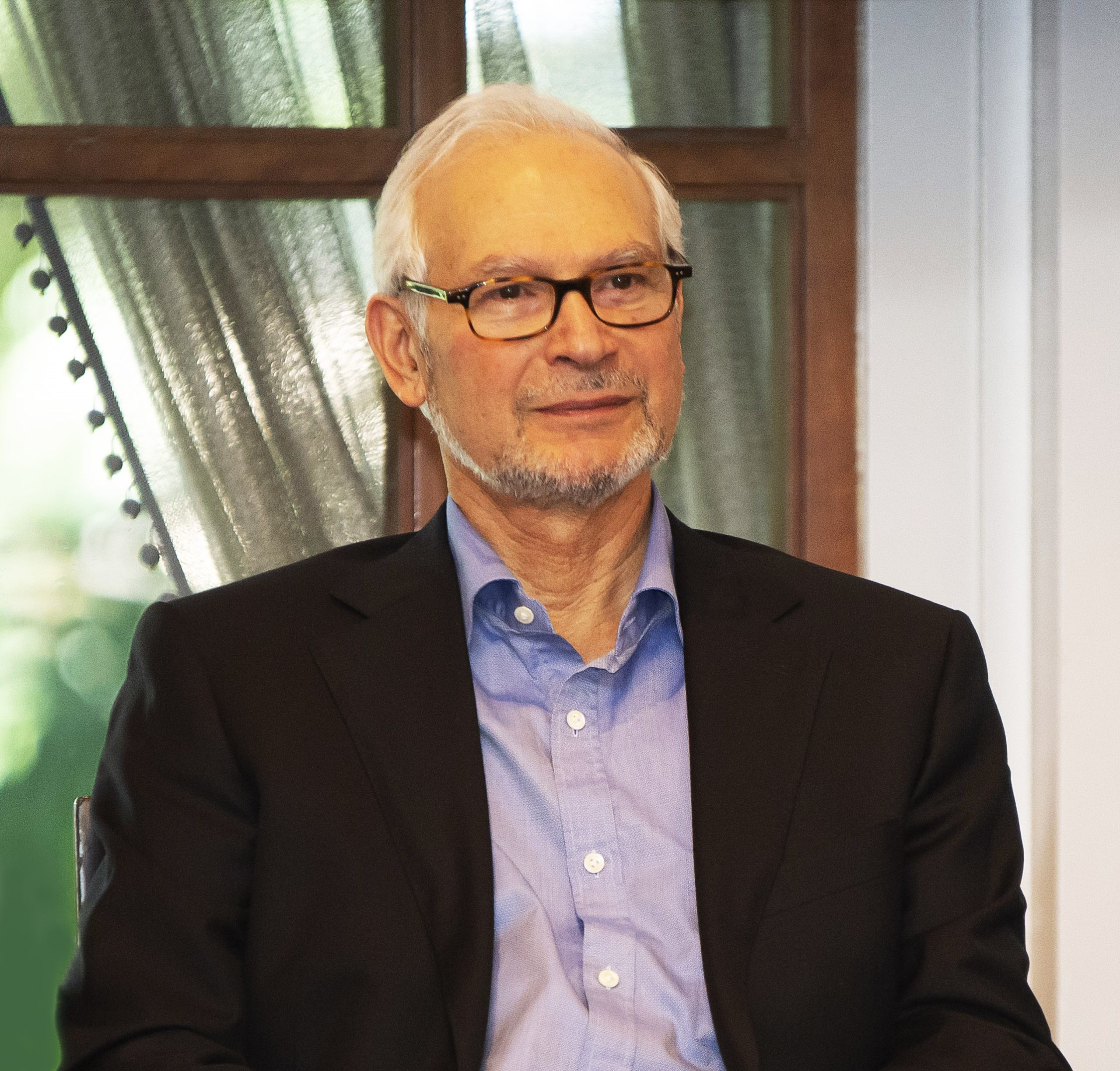
Mr Jamshyd Godrej
Past President, CII and Chairman and Managing Director, 
Mr Nitin Prasad
Chairman, CII-Cleaner Air Better Life Initiative, Chairman, Shell 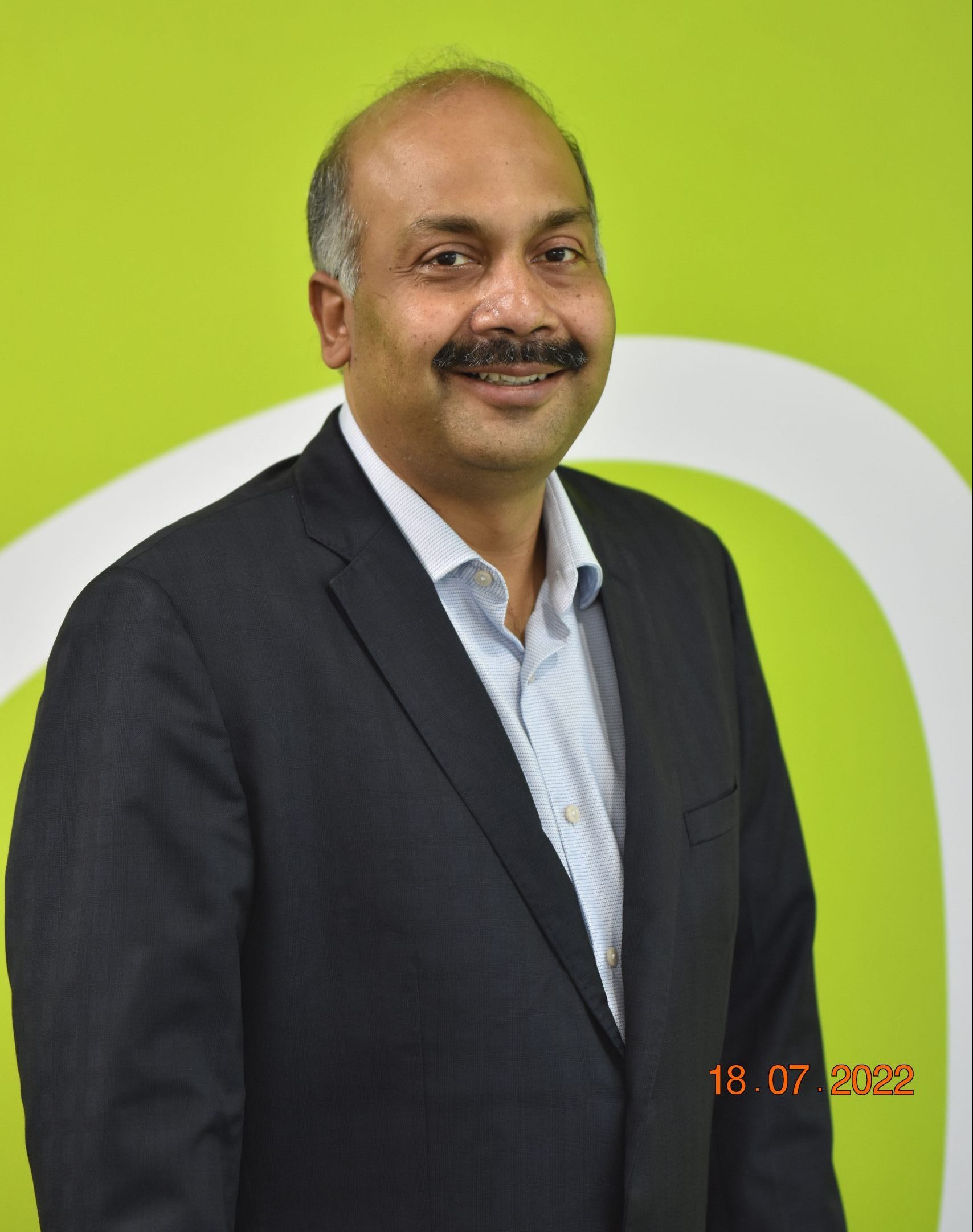
Mr Krishna Mohan Puvvada
Regional President, Novozymes India 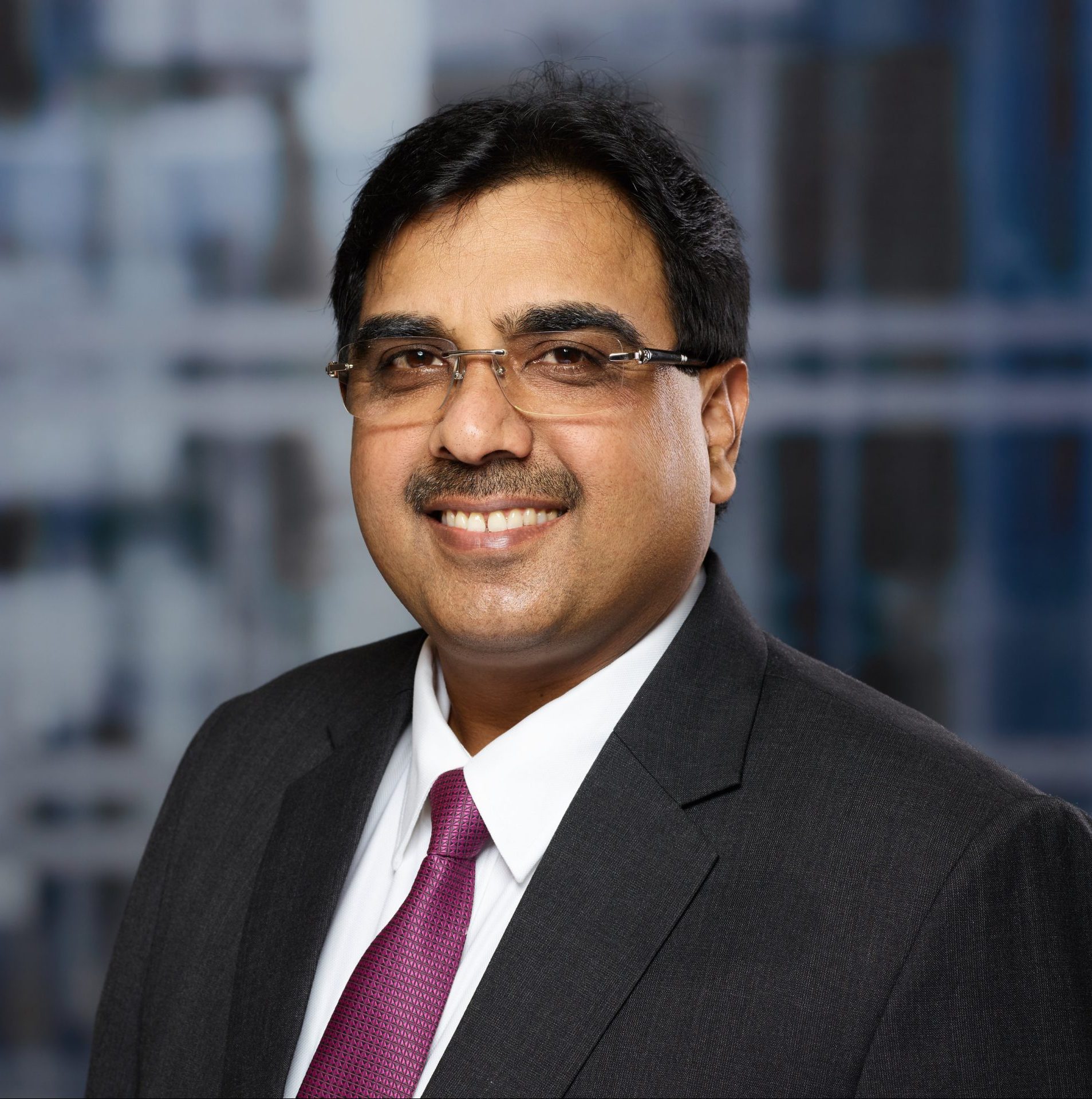
Dr Lovneesh Chanana
Vice President (Government Affairs), Asia Pacific and Japan SAP 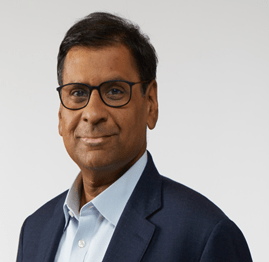
Mr Suvojoy Sengupta
Partner, McKinsey & Company |
Sovereign 2 |
| 1630-1645 hrs |
1630-1645 hrs
Break
|
|
| 1645-1745 hrs Sovereign 1 |
1645-1745 hrs
Climate change is now the biggest risk threatening energy, financial markets, nature, and communities. Scaling up renewable energy sources is a key pillar to mitigate the risks and reach carbon neutrality. Globally, there has been a shift in investments from thermal coal and coal power generation towards renewables in the last few years. India’s intent is to achieve 500GW of its installed capacity through non-fossil fuels and 50% of its energy requirement from renewables by 2030 coupled with a net zero target by 2070. Out of this, 157.32 GW of total non-fossil based installed energy capacity has been achieved. Efforts have been undertaken to strengthen and expand the domestic RE manufacturing eco-system. Last year, India launched the Mission Innovation CleanTech Exchange, a global initiative that will accelerate clean energy innovation among countries. As per the Central Electricity Authority (CEA) estimates, by 2029-30, the share of renewable energy generation would increase from 18% to 44%, while that of thermal is expected to reduce from 78% to 52% 1. The session will bring together stakeholders to discuss how can India scale up renewable energy capacities to achieve the aspirational target. It will further explore the action plans by businesses and policy makers to accelerate usage of renewable energy including bioenergy, geothermal, hydropower, ocean, solar and wind energy in the pursuit of sustainable development, energy access, energy security and low-carbon economic growth in the country. (Venue: Sovereign 1) 
Shri Dinesh Dayanand Jagdale
Joint Secretary, 
Dr Anuradda Ganesh
Chief Technical Advisor and Director, Cummins 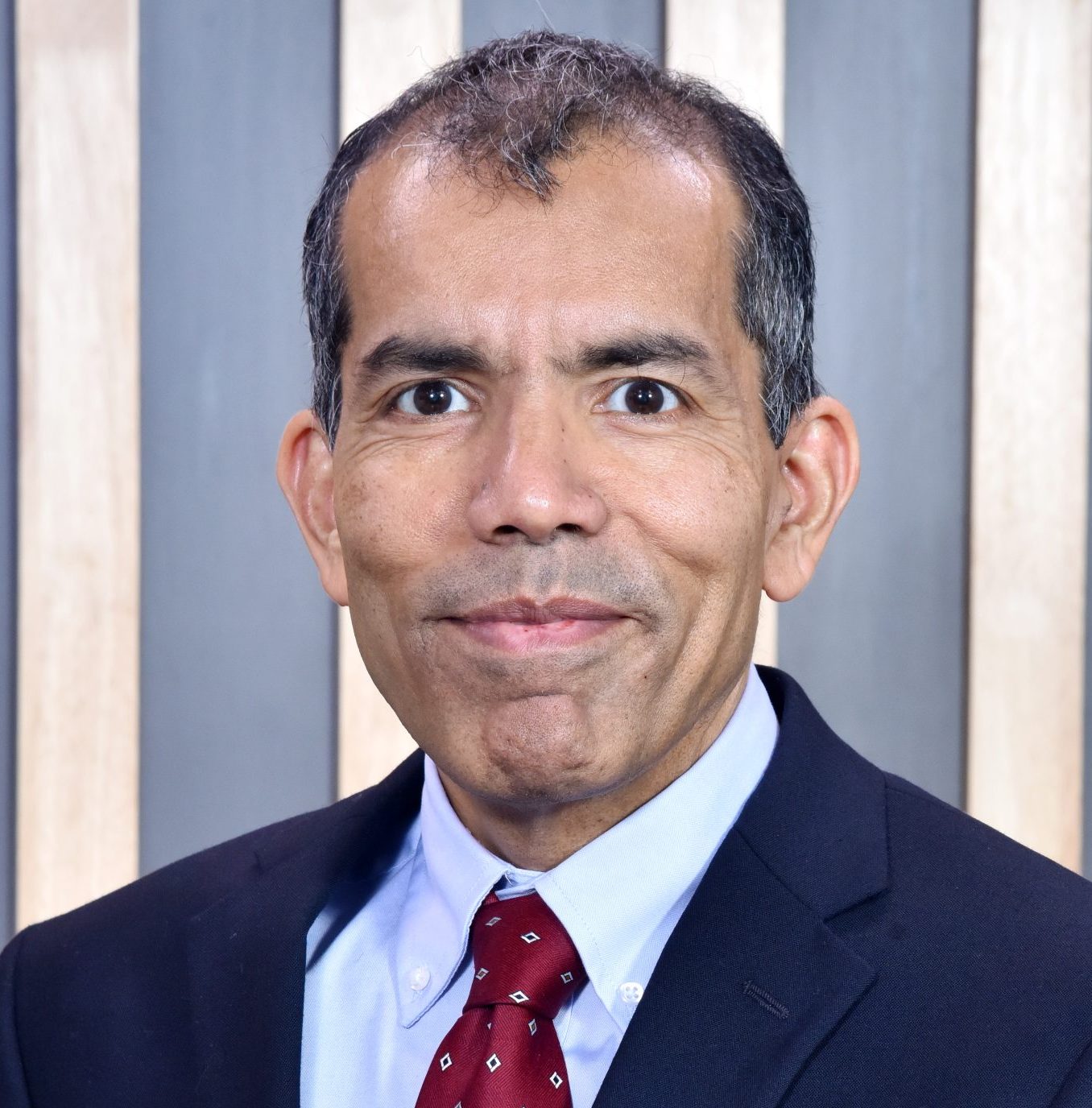
Mr Srivatsan Iyer
Global CEO, Hero Future Energies 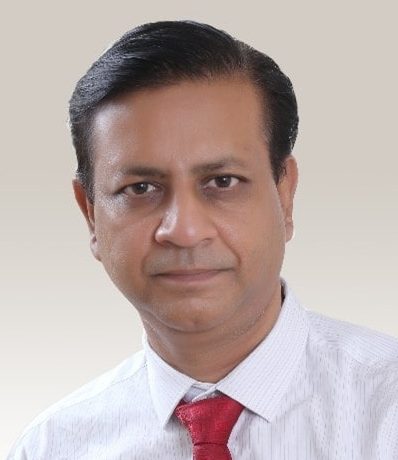
Mr Manoj Gupta
Vice President – Solar, Wind, Hydrogen and Waste to Energy 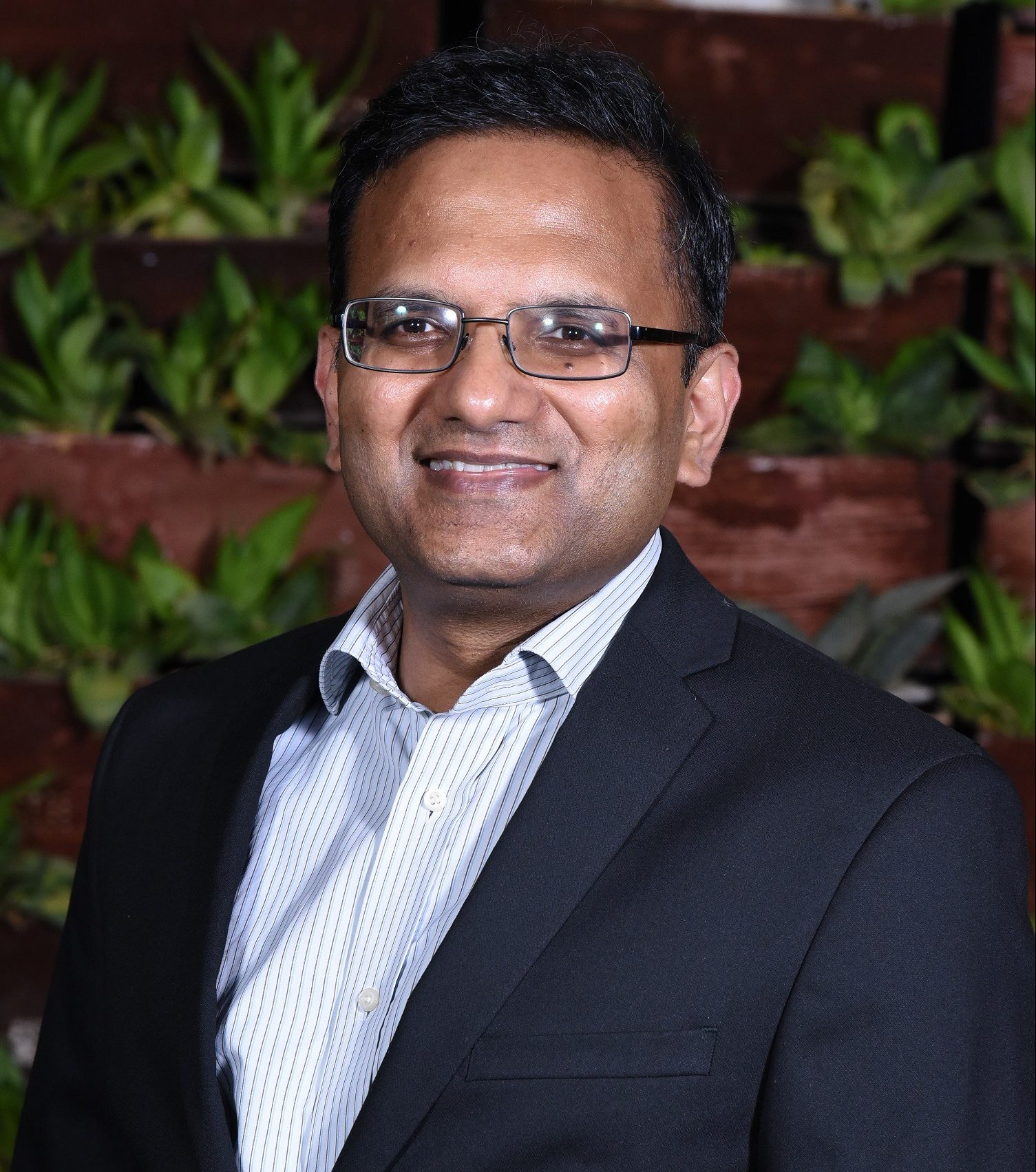
Mr Sanjeev Aggarwal
Managing Director & CEO, Amplus Solar |
Sovereign 1 |
| 1745-1845 hrs Sovereign 1 |
1745-1845 hrs
The anthropogenic emissions responsible for ambient air pollution and global climate crises are intricately dependent on the prevalent production and consumption trends. Product stewardship has therefore huge potential to address ambient air pollution as this approach extends beyond manufacturing processes and products, to include the supply chain and multiple product life cycles/stages. Companies stand to gain a competitive edge by applying product stewardship in favour of environmental friendlier products and services. Investors and society are increasingly looking for socially responsible businesses and business models. ESG based investment are maturing and form a significant part of investors’ portfolio. Industry 4.0 also presents opportunities for companies to reduce their environmental footprint and becoming more sustainable by tightly linking traditional manufacturing and logistic processes with robust data management, the Internet of Things and extended product service systems. Air pollution and its impacts on the environment and human health are threatening the integrity and security of economies and the quality of life, more so for low-middle income countries. The session will discuss how such strategies and frameworks can support the cleaner air and whether there is need of a separate framework to drive business agenda for product stewardship and better quality of life in the country where every citizen is ensured clean air to breathe. The session will bring leading experts and businesses together to share leading examples and deliberate opportunities for private sector to align their business models with societal gains. Session structure will be as follows-
(Venue: Sovereign 1) 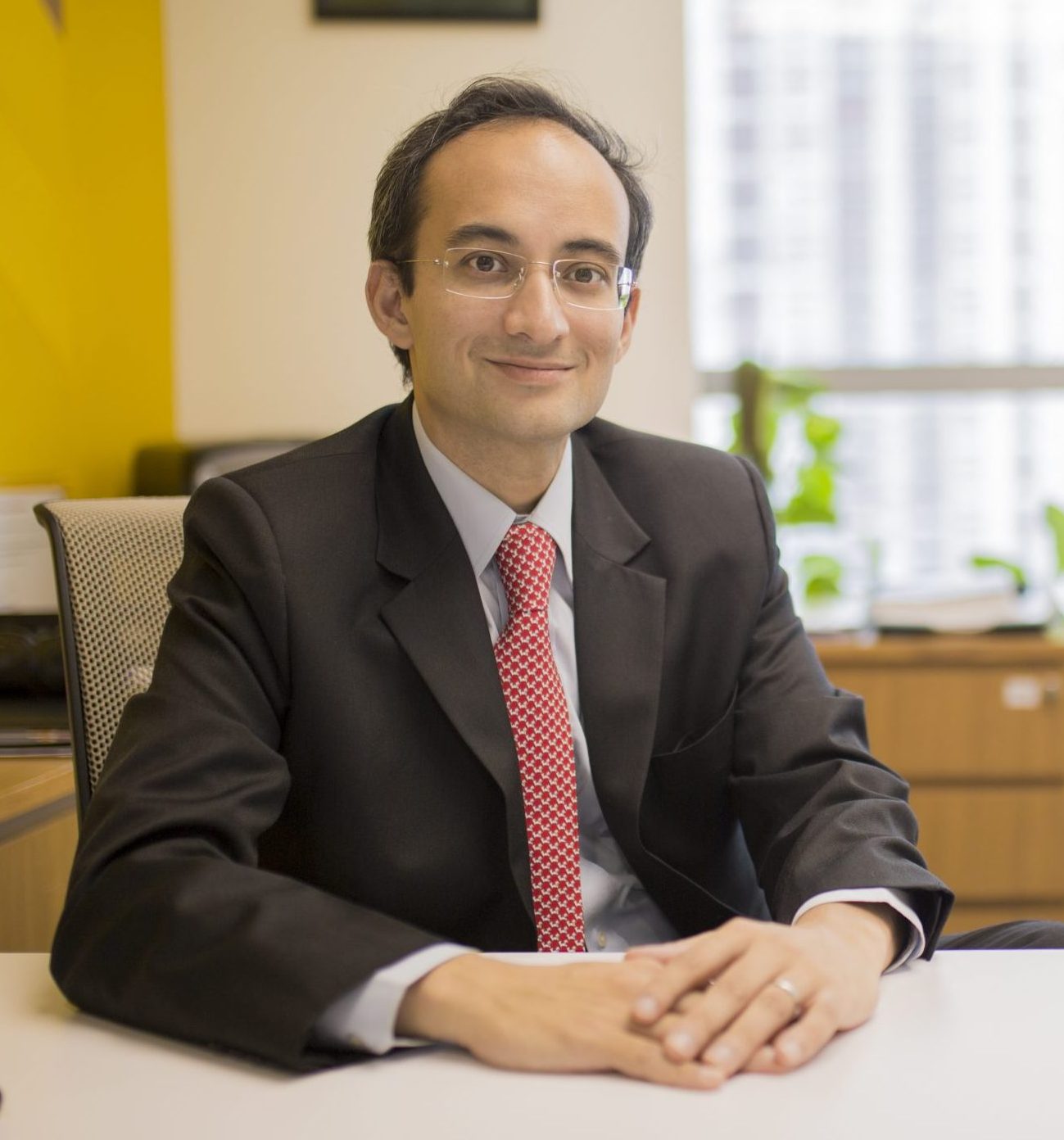
Mr Nitin Prasad
Chairman, Clean Air Better Life & Chairman Shell India 
Prof. Stuart L. Hart
President, Enterprise for Sustainable World 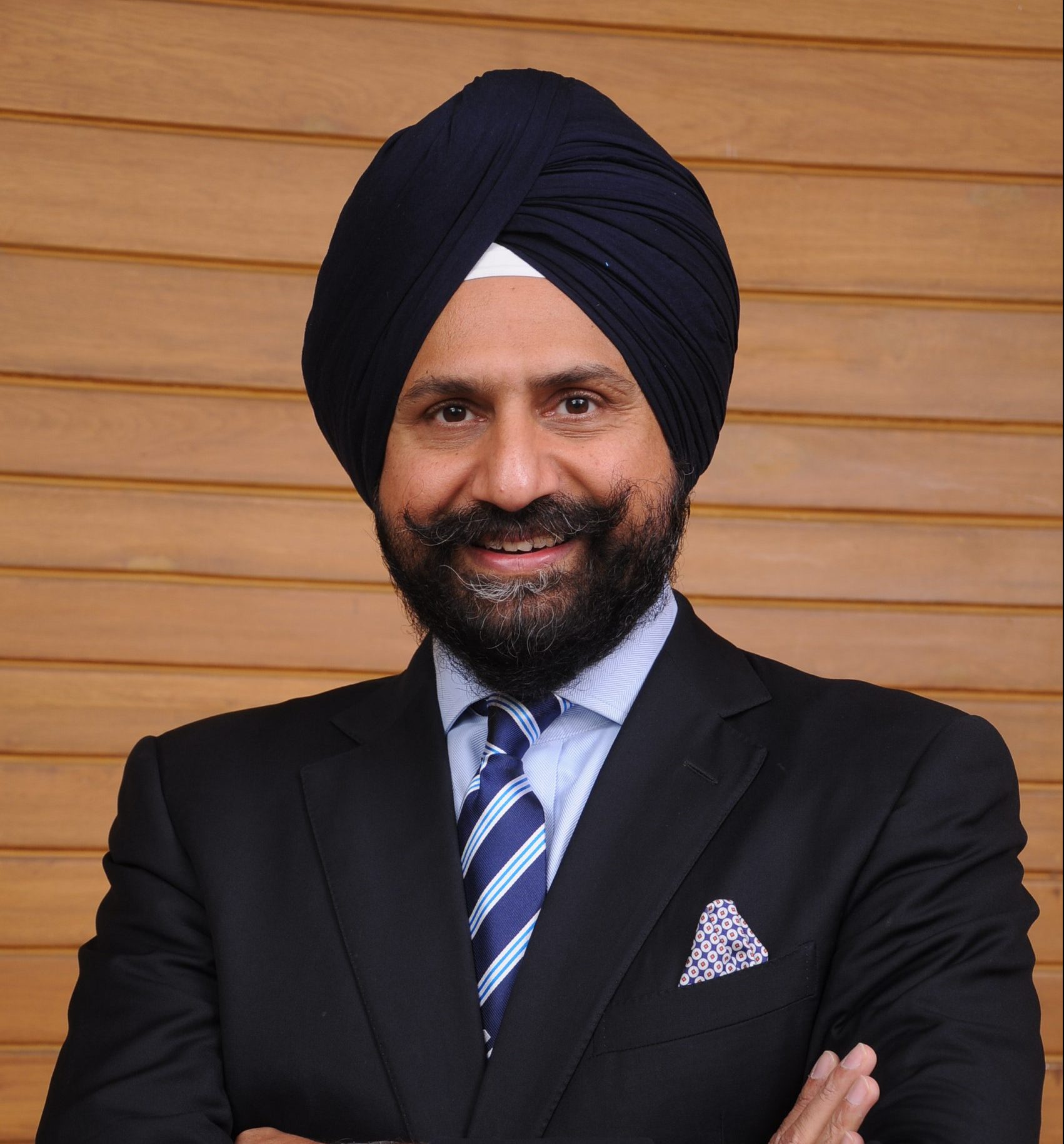
Mr Tejpreet Chopra
Co-Chair, CII-Cleaner Air Better Life Initiative & CEO, BLP Group 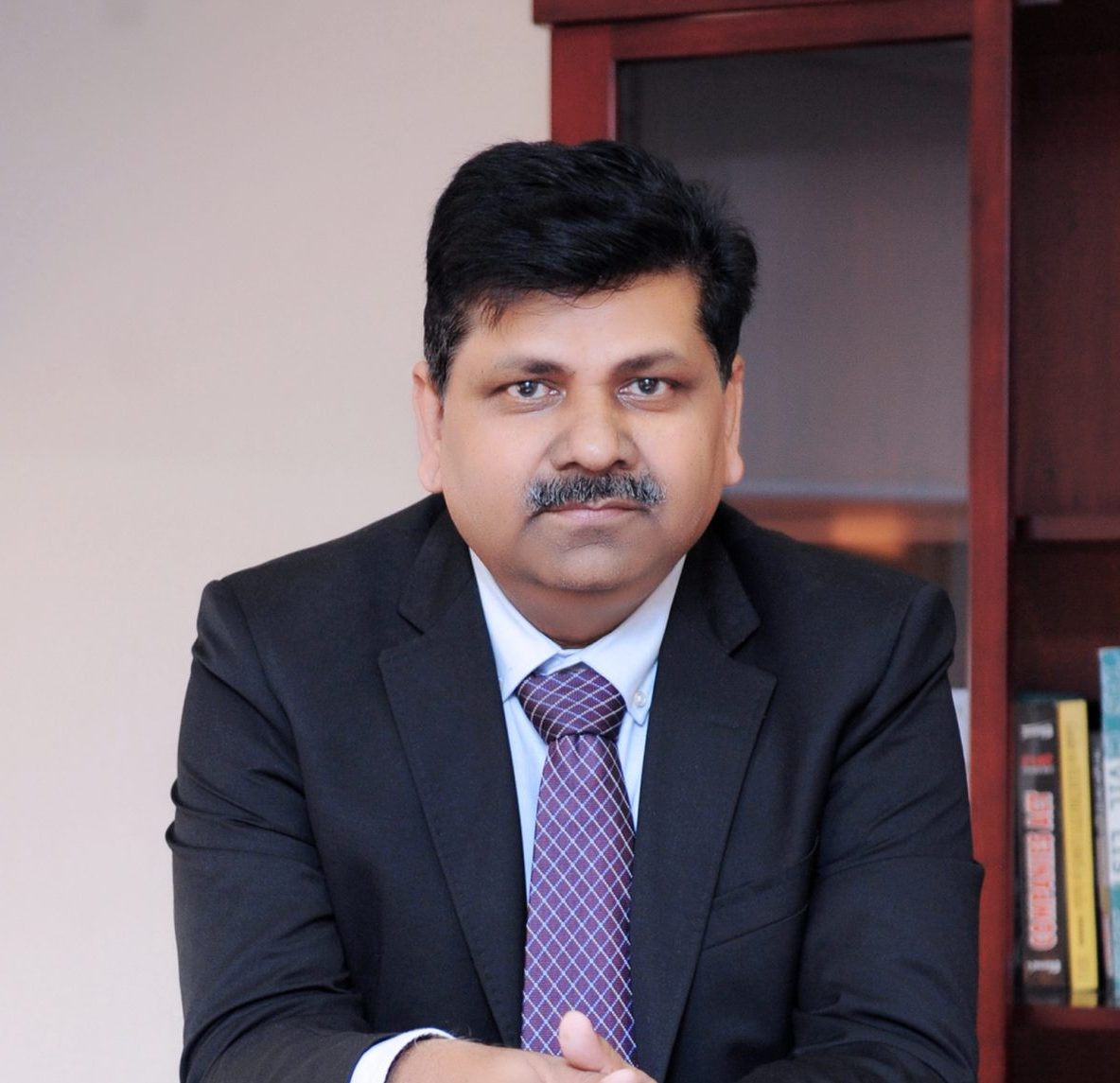
Dr Pawan Singh
Managing Director & CEO, PTC India Financial Services 
Ms Anjali Pandey
Vice President Engine Business and Components Business |
Sovereign 1 |
| 1900 hrs onwards |
1900 hrs onwards
Networking Dinner
|
| Time(IST) | Session | Venue |
|---|---|---|
| 0930-1030 hrs Sovereign 1 |
0930-1030 hrs
Plastics have become an important part of our lives, they are used for numerous applications and across many sectors, ranging from packaging to construction. By 2040, production of plastics is expected to double. Nearly 40% of plastics are used in packaging, making it the single largest application of plastics. 1 In India, six million metric tons of plastics are used for packaging applications every year. To avoid mismanagement of plastics and to create circular economy of plastics packaging, the Government of India amended Plastics Waste Management rules to: a) ban problematic single-use-plastics items, b) allow the use of recycled content in food contact plastics packaging, and c) set quantitative EPR targets for businesses. Internationally, UN Member States endorsed a resolution to forge an internationally binding treaty to end plastics pollution. Businesses (Venue: Sovereign 1) 
Dr Nandini Kumar
Consultant, CII-ITC Centre of Excellence for Sustainable Development 
Dr Michael Bucki
Counsellor & Head of Section, European Union Delegation to India 
Dr Anurag Priyadarshi
Chair, Advisory Committee, India Plastics Pact and Deputy General Manager, Community Services, TATA Sustainability Group 
Ms Sujaya Desai
Investment Analyst, Stewart Investors |
Sovereign 1 |
| 930-1030 hrs Sovereign 2 |
930-1030 hrs
In the face of dynamic markets and competitive pressures, sustainability is a vital benchmark for corporates and a key driver for growth. The success of growth is no longer measured with profit and operational metrics alone. New and innovative ways of doing business through disruptive ideas and sustainable solutions help companies to operate on a long-term basis ensuring responsible growth. Such corporate champions stand out for the ways in which they define clear aspirations and goals for sustainability leading to stronger business performance. They actively engage with the wider business ecosystem like suppliers, customers, communities, competitors, and other stakeholders for sustainable outcomes. The session will focus on corporate champions who have established inspirational models to overcome environmental and social challenges, embedding sustainability and reshaping business landscapes. It will highlight on their journey of innovation and sustainable growth and the positive impact on society. (Venue: Sovereign 2) 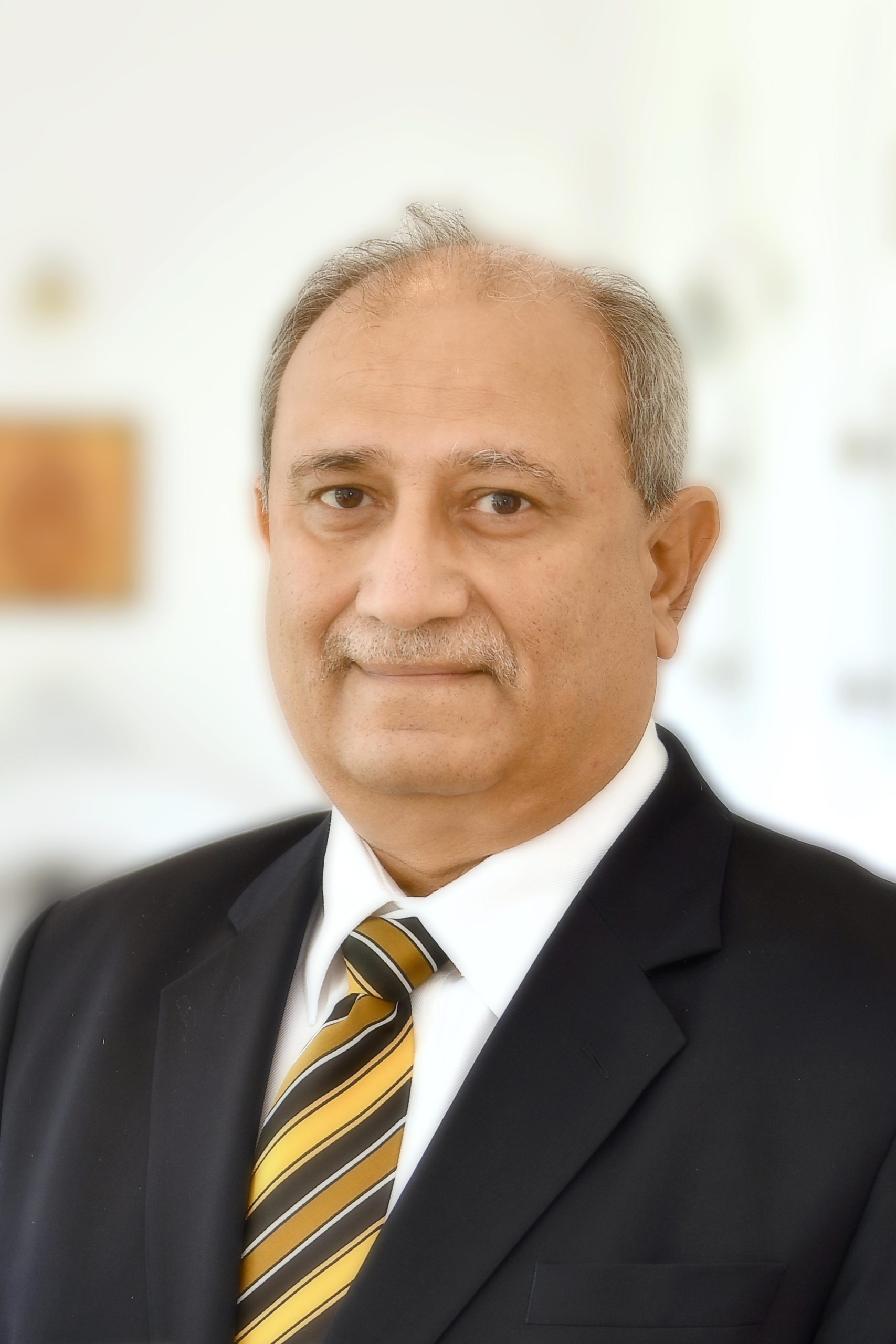
Mr Sanjiv Paul
VP-Sustainability, Health & Safety, Tata Steel 
Mr Vinod Pandey
Director, Government and External Affairs, CSR, BMW 
Ms Rohini Behl
Head Sustainability SAPMENA, L’Oréal 
Ms Juhi Gupta
Head Sustainability, PepsiCo India Holdings Pvt. Ltd. 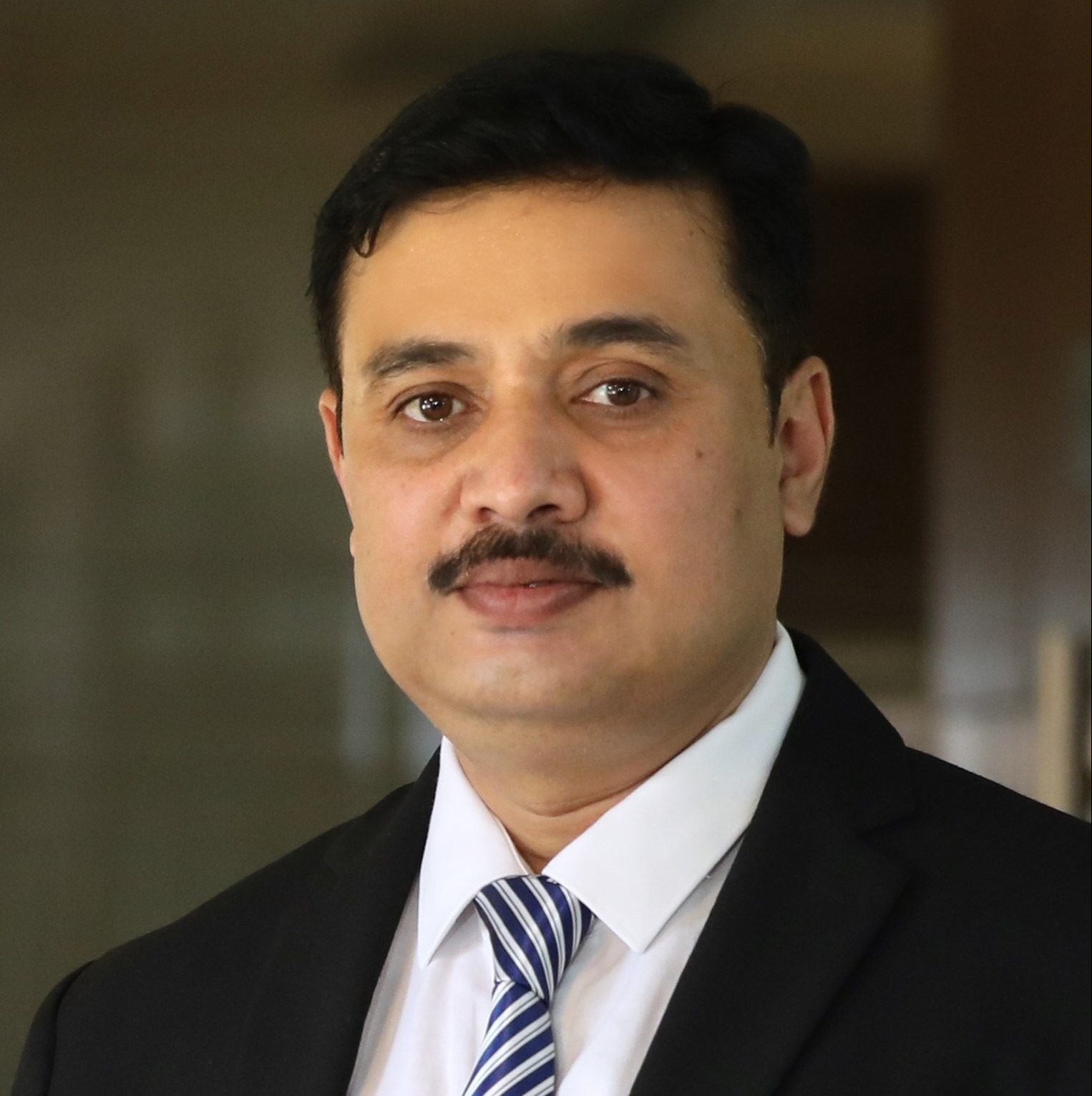
Mr Pradeep Singh
Chief HSE & Sustainability officer , HZL |
Sovereign 2 |
| 1030-1130 hrs Sovereign 1 |
1030-1130 hrs
Businesses can contribute to the development agenda of a nation by respecting human rights in their value chains and uplift millions from injustice and discrimination. In fact, many businesses are already aware of the risk that their operations may contribute to human rights abuses and are taking steps to manage these risks. Internationally recognised guidance like the United Nations Guiding Principles (UNGPs) on Business and Human Rights provide a structured approach to companies in their human rights efforts. In India, over the years, businesses are trying to embrace the inherent benefits of being socially responsible. Along with compliance with national laws, they need to assess human rights’ impacts and mitigate the potential cause to it. Special attention is required to be given to vulnerable groups such as women, children, disabled, LGBTQ, contract workers, migrants, relocated community, and tribal people. The session will deliberate on corporate responsibility and actions to address and prevent the adverse impact on human rights. It will highlight on the strategies to build impactful B&HR engagement and foster the implementation of B&HR standards. (Venue: Sovereign 1) 
Ms Rumjhum Chatterjee
Co-founder and Managing Trustee, The Infravision Foundation and Chairperson 
H.E. Cecilia Ekholm
Ambassador for Sustainable Business, Ministry for Foreign Affairs, 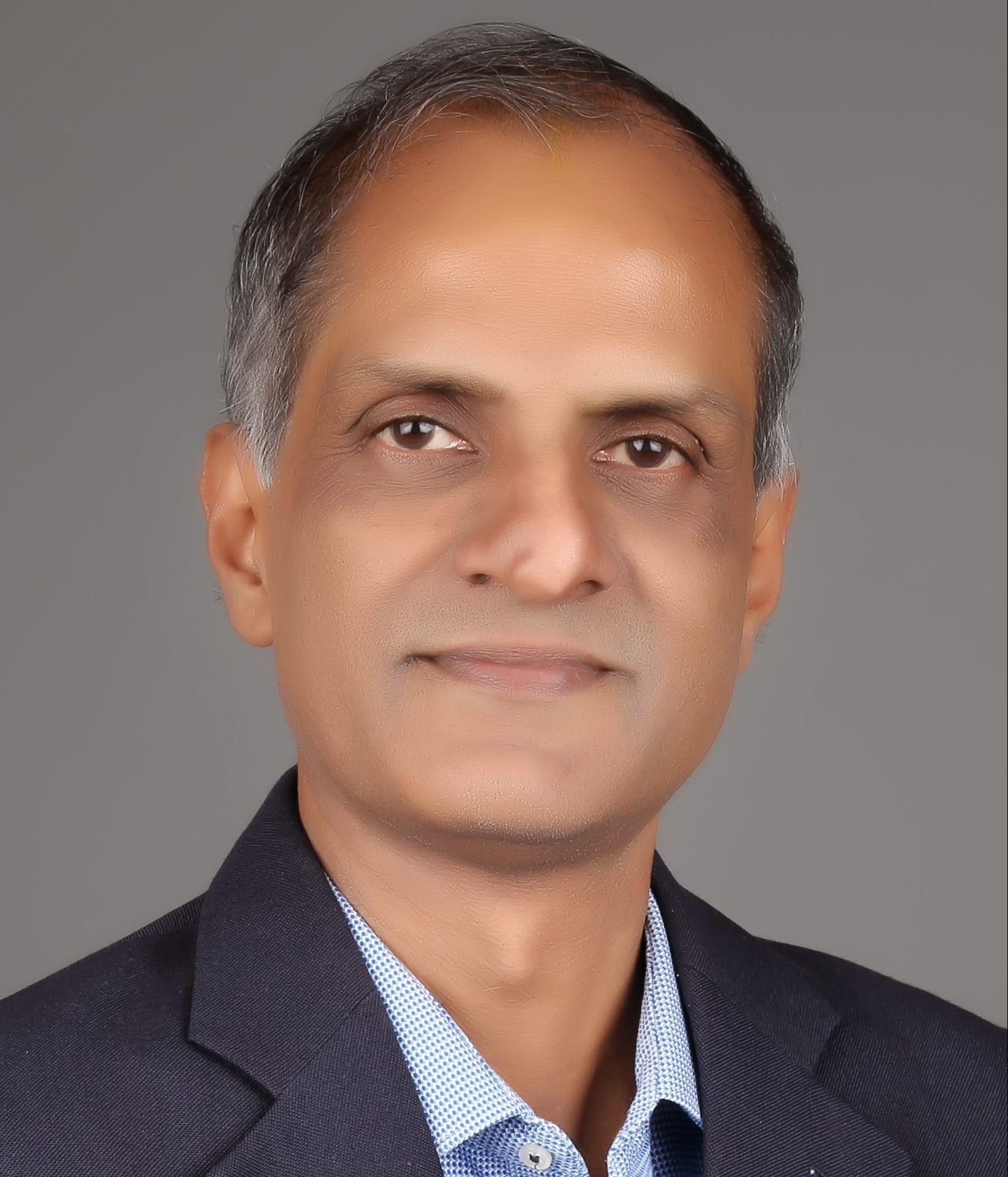
Mr PS Narayan
Global Head – Sustainability and Social Initiatives, Wipro Limited 
Prof Surya Deva
Professor and Director, Centre for Environmental Law, Macquarie University, Australia 
Ms Michael Clements
International Programme |
Sovereign 1 |
| 1030-1130 hrs Sovereign 2 |
1030-1130 hrs
India has become the third-largest startup ecosystem in the world after the US and China as per the Economic Survey 2021-22. New age startups have focused on innovative and economically viable solutions to accelerate environmental and social impact. Climate change catastrophes, water crisis, health concerns, and pollution, over the last decade have attracted the attention of entrepreneurs. Evolving technologies and policies globally, as well as private investments have created a healthy ecosystem for start-ups to experiment and develop solutions suited for India. India is making conscious efforts to change lifestyles, support communities and conserve resources. The role of startups is vital in taking leaps towards sustainable development. The session will focus on environmental and social startups who are changemakers in creating a sustainable world. (Venue: Sovereign 2) 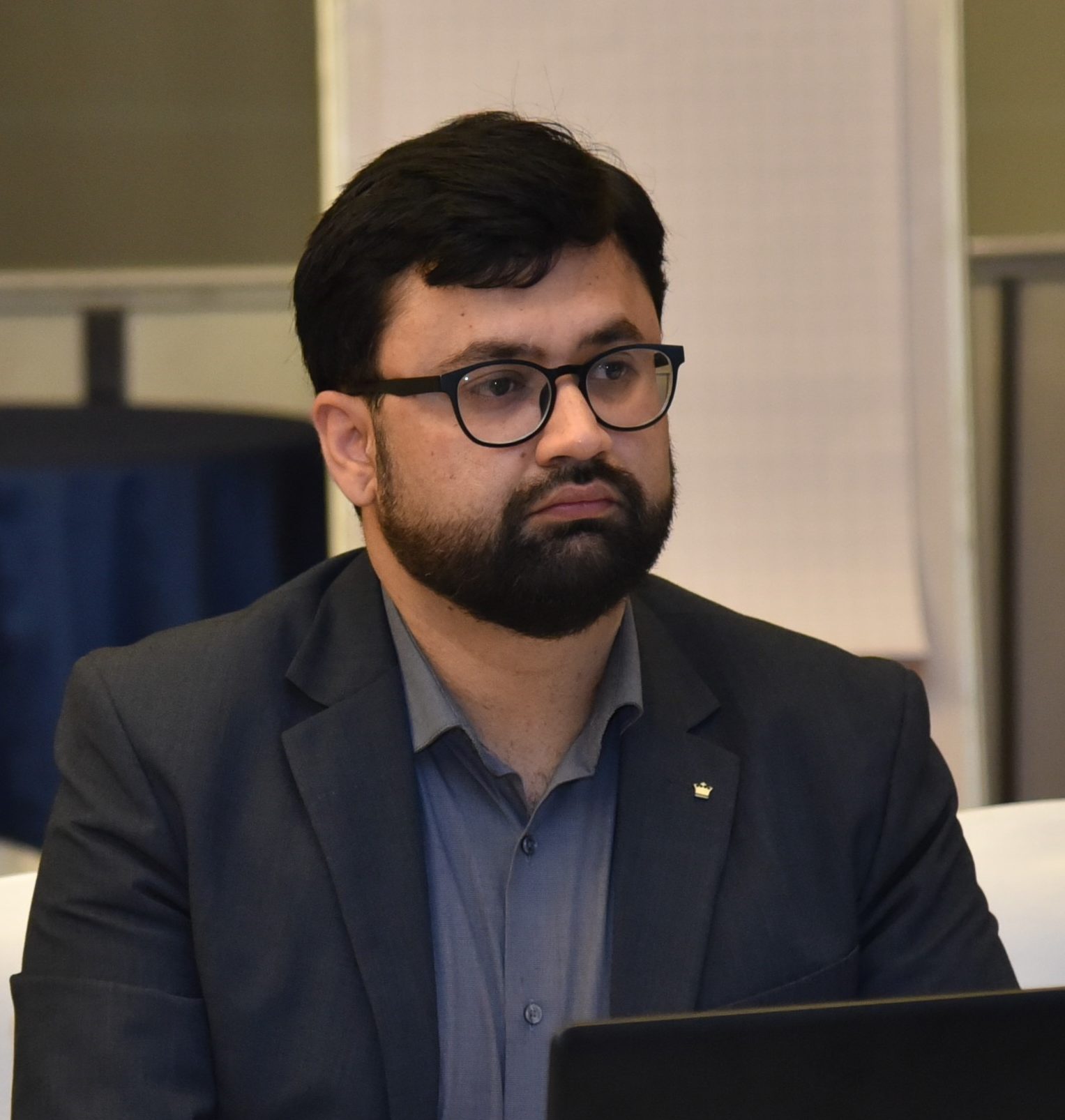
Mr Mohit Sharma
Senior Counsellor, CII-ITC Centre of Excellence for Sustainable Development 
Mr Tarun Jami
Founder & CEO, Green Jams 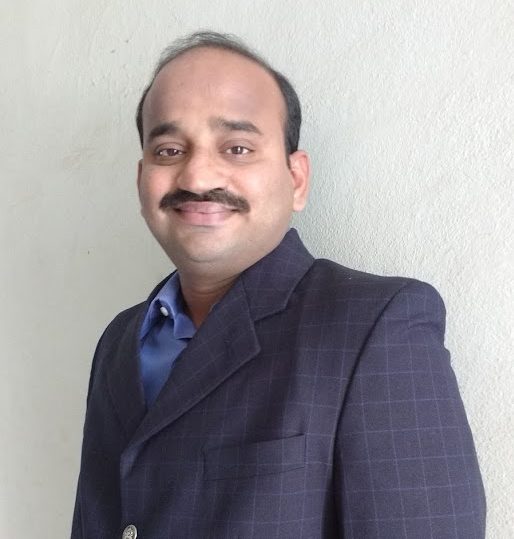
Mr N Chandrasekhar
Founder, Jivoule Biofuels 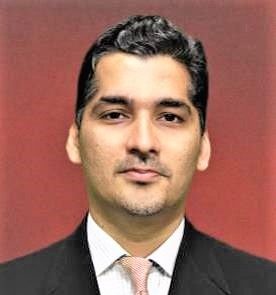
Mr Satish Ramchandani
Co-Founder & Chief Business Officer, Updapt – an ESG Tech Co 
Mr Rajesh K
Chief Quality and Sustainability Officer, Licious |
Sovereign 2 |
| 1130-1145 hrs |
1130-1145 hrs
Break
|
|
| 1145-1230 hrs Sovereign 1 |
1145-1230 hrs
The challenge of water security is growing globally. Less than 1% of the world’s freshwater is readily available for human consumption and demand expected to increase by 40% by 20301. The growing stress on water resources is compounded by the impacts of climate change with severe implications overall sustainable development. The exposure of people and assets to water risks are increasing with the rise in water stress, supply inconsistency, extreme climatic events, less access to safe drinking water and sanitation, and higher levels of water pollution. According to the World Meteorological Organization (WMO), in 2021, India is at the topmost hotspot of terrestrial water storage loss (TWS), having lost TWS at a rate of three to four cm each year2. Water stress heightens the risk for communities and as well for businesses. Increasing number of businesses are proactively contributing to address water scarcity and quality issues and minimizing the impacts on communities. The session will thereby focus on the integrated approaches are taken by businesses to go beyond their operations collaborating with stakeholders to tackle water crisis and provide access to clean water to underserved communities. (Venue: Sovereign 1) 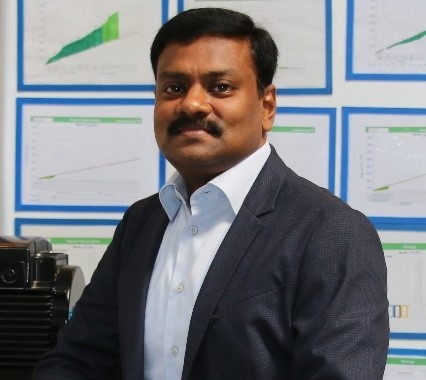
Mr George Rajkumar
Country President, Grundfos India 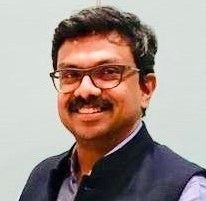
Mr Ajith Radhakrishnan
Country Coordinator, 2030 Water Resources Group (2030 WRG), World Bank 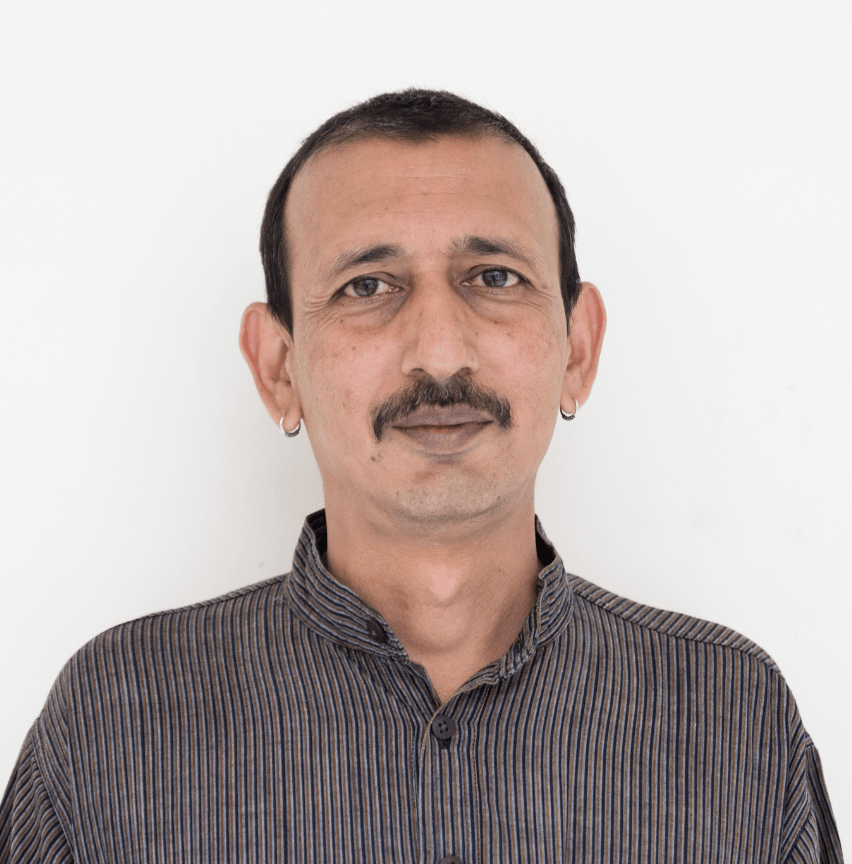
Mr VK Madhavan
Chief Executive, Water Aid 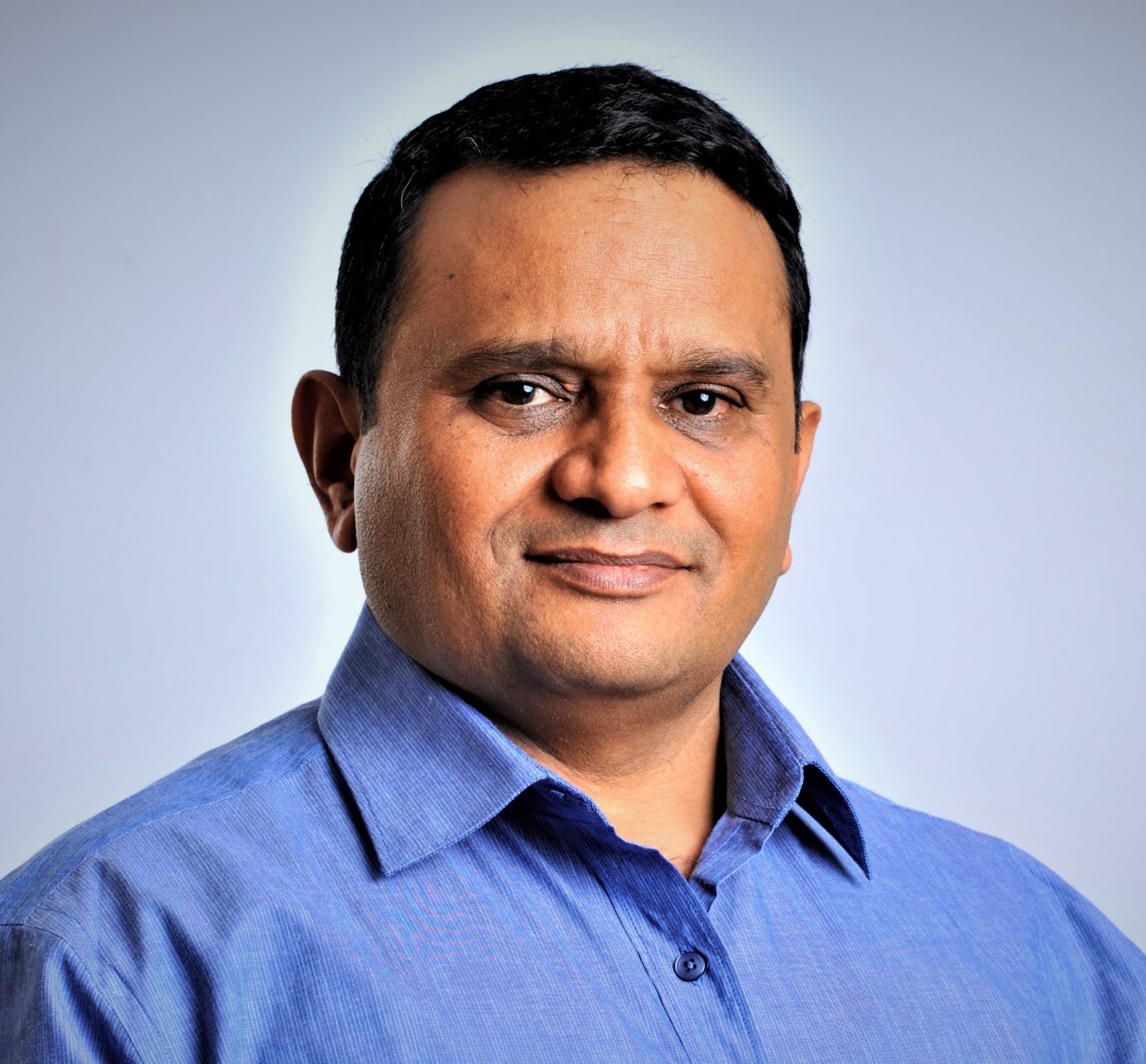
Mr Chandrakant Kumbhani
VP-Community Development Programs, Ambuja Cement Foundation 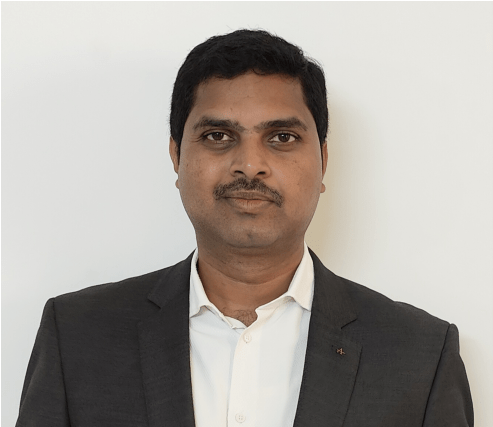
Mr Ganges Reddy
CEO, BlueDrop Enviro Pvt Ltd |
Sovereign 1 |
| 1145-1230 hrs Sovereign 2 |
1145-1230 hrs
Average global GHG emissions were at the highest levels from 2010 to 2019[1]. Steps have been taken by different industrial sectors to move towards decarbonization. In this process, structural changes are going on worldwide to reduce fossil fuel production and tackle carbon intensive activities. These low carbon transitions are expected to bring several benefits such as better air quality, improved public health as well as energy security. Along with the benefits, there are challenges in creating quality jobs as new employment opportunities will not necessarily emerge in regions where carbon-intensive jobs will bephased out. It is important to take an integrated approach that accounts for environmental, economic, social, and psychological dimensionswithbetterlabour and social policies. A Just Transition will help to maximise social and economic opportunities of climate action. The session will focus on the importance of Just Transition in achieving a low carbon economy. Insights will be shared on challenges and potential pathways for implementing Just Transition in India. (Venue: Sovereign 2) 
Dr Ashok Khosla
Chairman and Founder, Development Alternatives 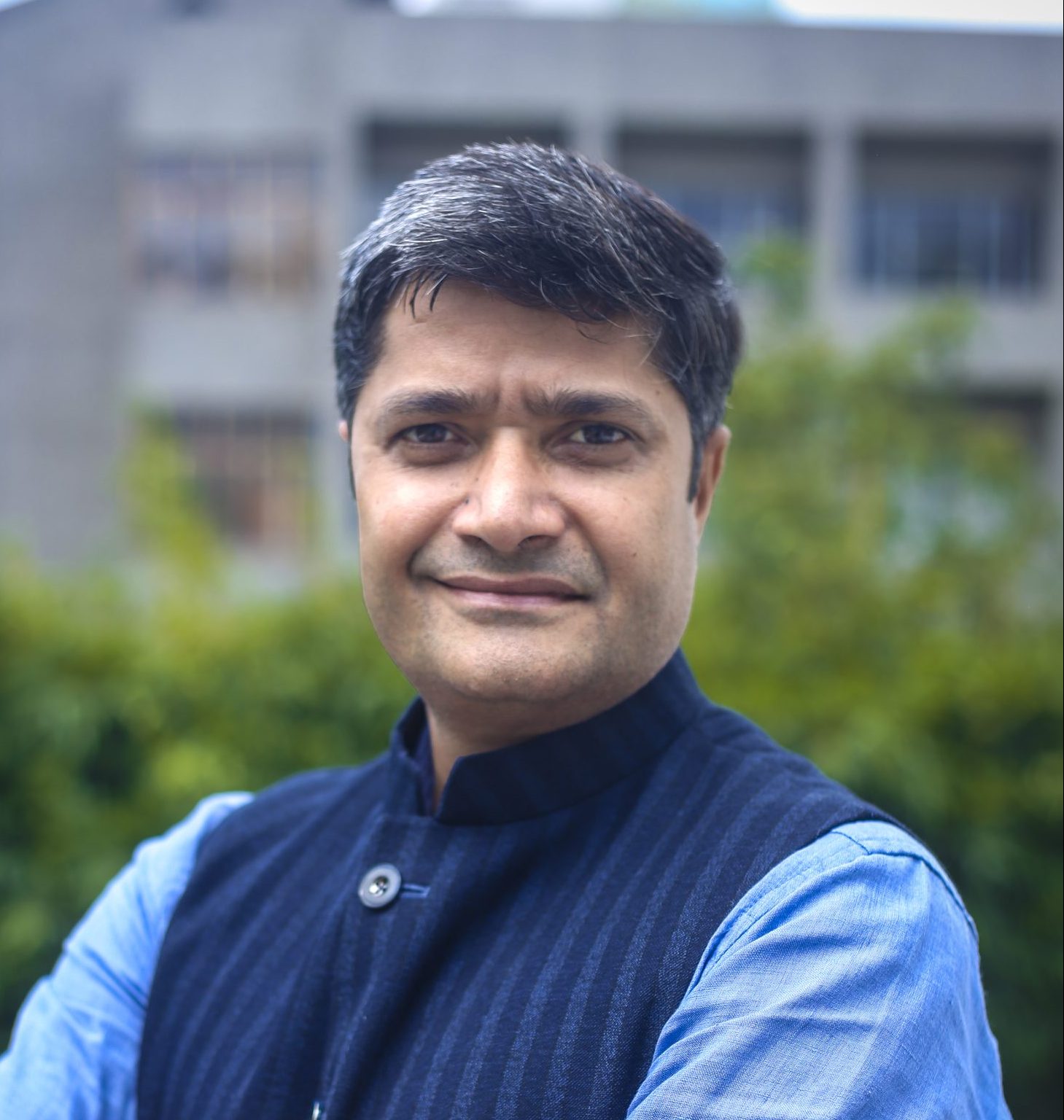
Mr Chandra Bhushan
President & CEO, International Forum for Environment, Sustainability & Technology 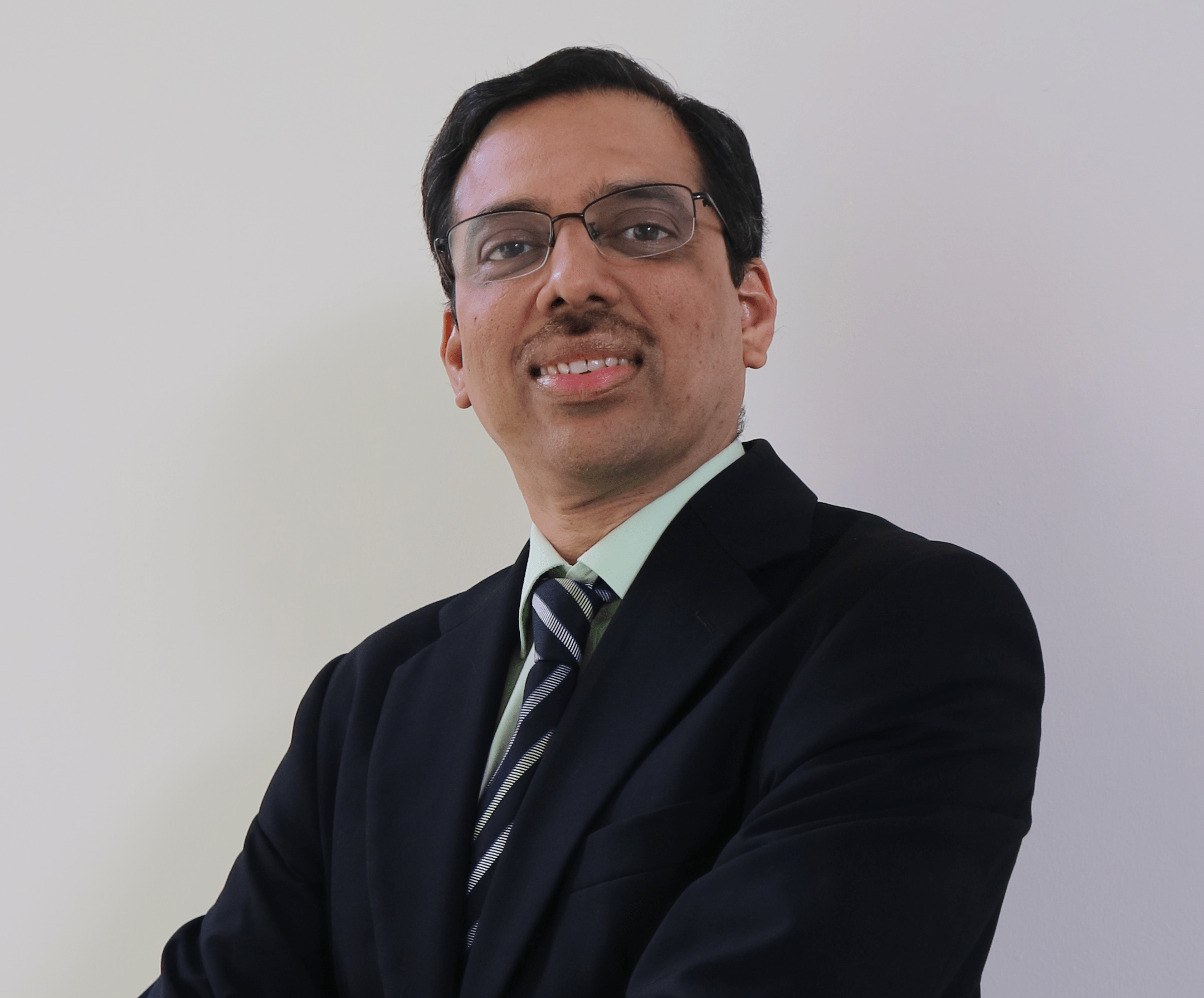
Mr R. Venkatesh
Managing Director, Wartsila India 
Ms Camilla Roman
Policy Specialist, Green Jobs & Just Transition to Sustainability, ILO |
Sovereign 2 |
| 1230-1330 hrs Sovereign 1 |
1230-1330 hrs
The world has become extremely interconnected and interdependent. This is driven more by Global Value Chains, where despite the wide geographical distance, sourcing of materials and distribution and consumption of products is not restricted by borders or distances anymore. There are challenges which companies face due to evolving international regulations around climate change, environment impacts, social inequality, and other broad range of issues. In this global scenario, the ever-growing emphasis on organizational responsiveness towards the environmental and societal impact of their products and services is changing the dynamics of the marketplace and the way organizations do business. To stay competitive, organizations will have to work closely with their partners in the value chain by integrating sustainability/ESG agenda, for effective resource management and risk mitigation. If managed well, these challenges could provide an opportunity for businesses to drive impactful action, discover innovative solutions, build efficiencies, and enhance their market value as well as reduce waste, environmental footprint, improve labour conditions and health and safety. Thus, integrating sustainability across the entire value chain through an effective value chain management approach is not only the need of the hour but a business imperative. The session will discuss on the importance of integration of sustainability/ESG in value chains and how it can be achieved. It will discuss the challenges and opportunities that lie while building a sustainable value chain. Also, it will deep dive into best practices of industry members and upcoming regulations that are a pathway for this integration. (Venue: Sovereign 1) 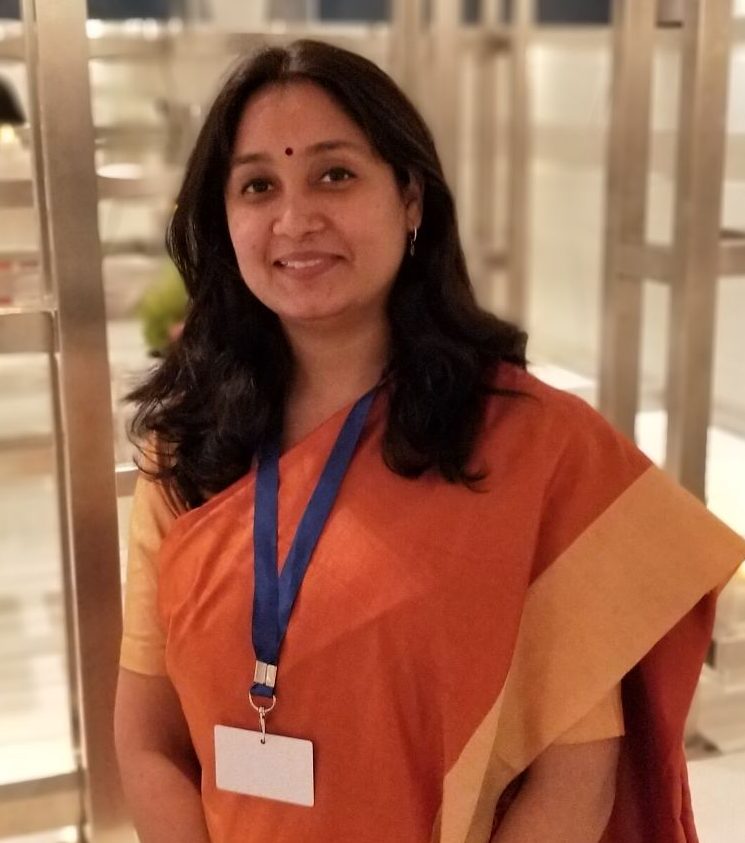
Ms Swati Tewari
Senior 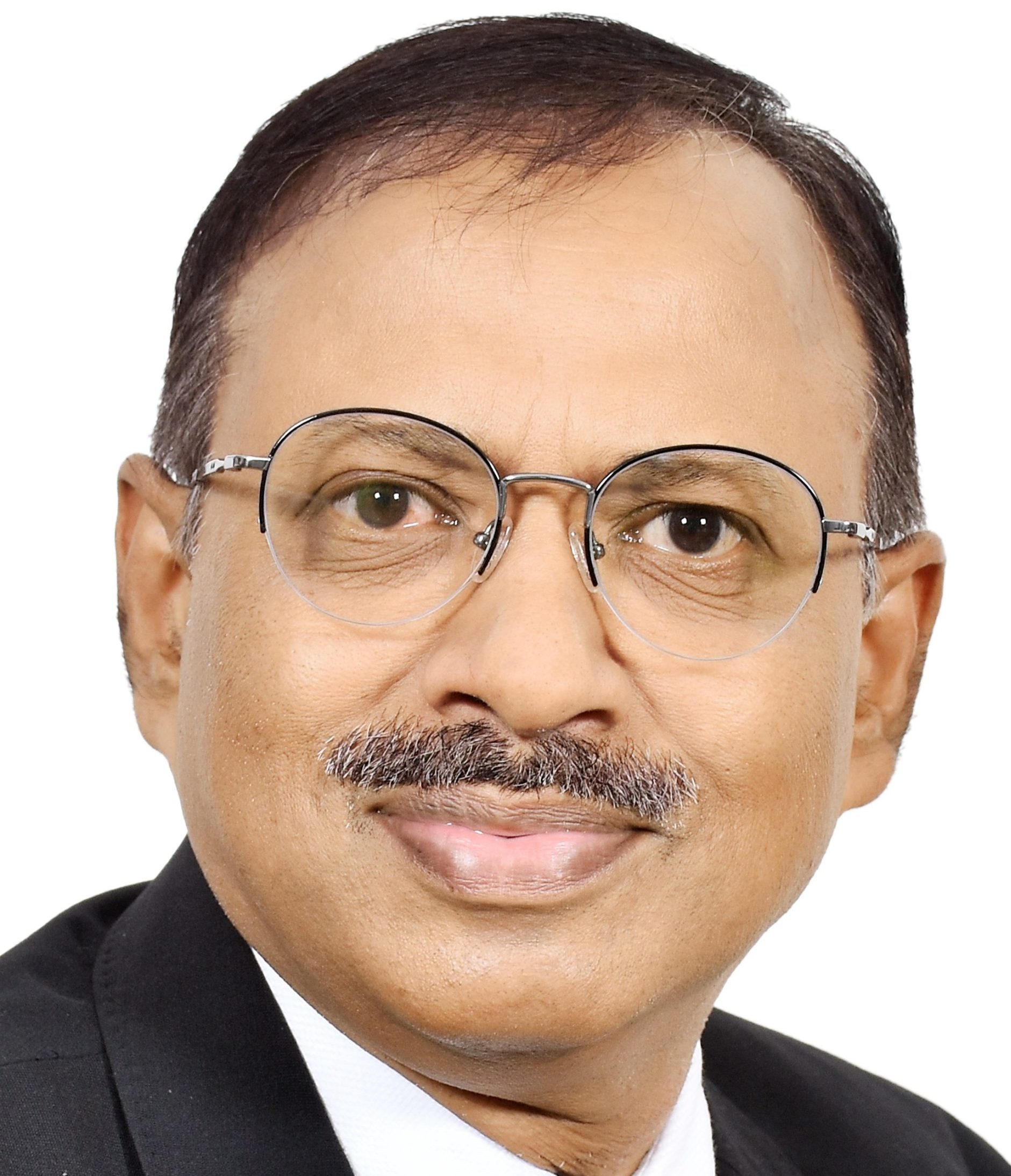
Mr Sanjay Khare
Vice President Safety & Sustainability Strategy, Skoda Auto Volkswagen India Pvt. Ltd. 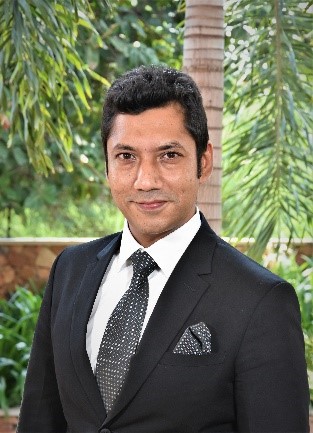
Mr Jayant Roy
Managing Director, Lindstrom India 
Mr Sundeep Singh
Managing Director, Accenture 
Mr Amitava Baksi
Chief Procurement Officer, Tata Steel |
Sovereign 1 |
| 1230-1330 hrs Sovereign 2 |
1230-1330 hrs
The major cause of air pollution in urban areas is vehicular emissions which lead to a wide range of issues such as global warming, environmental degradation, and health implications. The Indian transport sector is responsible for 13.5 per cent of India’s energy-related CO2 emissions, with road transport accounting for 90 per cent of the sector’s total final energy consumption followed by rail and domestic aviation (both at 4 per cent) (IEA, 2020)1. Vehicles are one of the major sources of air pollution in India accounting for approximately 15 to 20 % of PM10 emissions 2. Therefore, there is an urgent need to shift to clean, efficient and environment friendly transportation systems to achieve improved air quality, also leading to job creation as well as economic development. The Government is also taking initiatives towards green transportation through formulation of several policies and regulations such as leapfrogging to BS VI, FAME II, PLI Scheme for Automobiles and Auto components, National Mission on Transformative Mobility and battery storage and Vehicle Scrappage policy. A crucial aspect for India will be to effectively implement ambitious policies and schemes at all levels of government, drawing lessons from existing transport policies from around the world. A modal shift needs to take place in mass transit options such as metros, railways and intra city buses. Encouraging facilities like pedestrians’ walkways, green urban spaces and green buffer zones will give way to cleaner transportation. The system should also be geared to last mile connectivity. Large scale integration of the new modal technology innovations is crucial for an effective and reliable modal shift. A unique confluence of IT and manufacturing skills could help in leading the way towards sustainable mobility solutions. The session will bring together entrepreneurs working in this field to discuss actions and opportunities for industry to work collaboratively and identify actionable and specific solutions for India’s future mobility system. It will also discuss on policy support required for such transformations. (Venue: Sovereign 2) 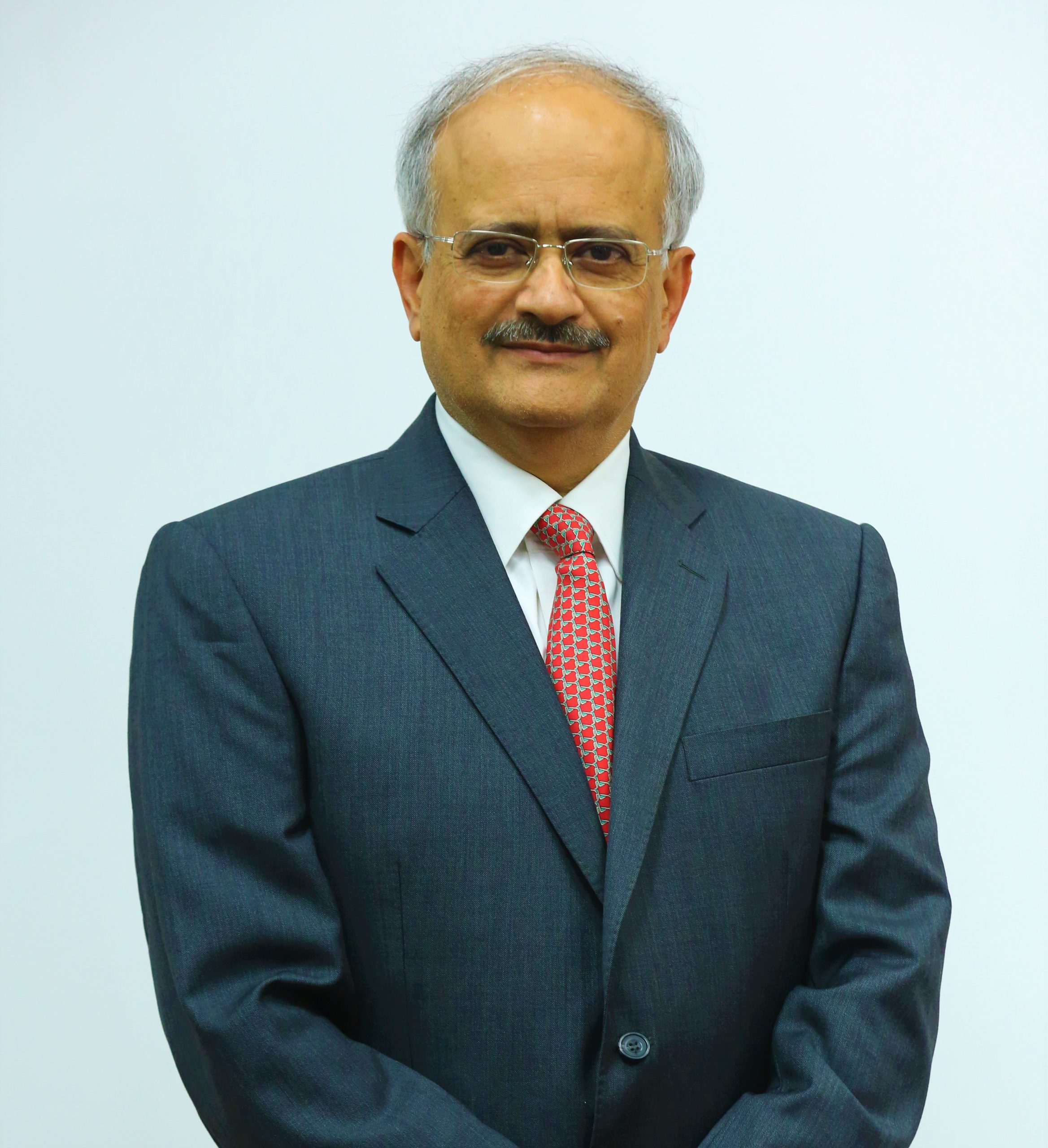
Mr Vipin Sondhi
Chairman, Future Mobility and Battery Storage Committee 
Dr O P Agarwal
CEO, WRI India 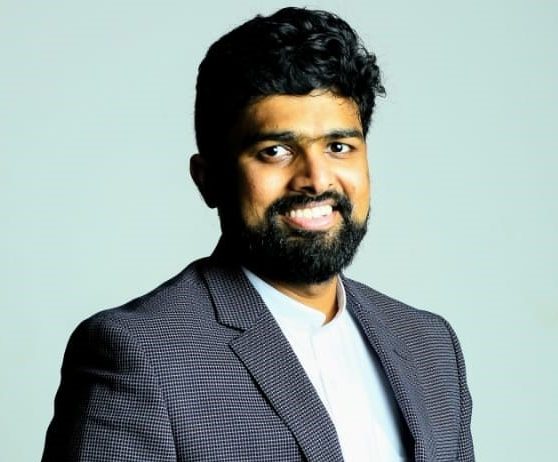
Mr Sundar Iyer
CEO, SKS Clean Tech integration 
Ms Shikha Rokadiya
Researcher (Consultant), ICCT 
Mr Wybren Van Der Vaart
Cofounder & CEO, BrightBlu 
Mr Aryaman Sengar
Chief of Staff & Investor Relations, Revolt Motors |
Sovereign 2 |
| 1330-1430 hrs |
1330-1430 hrs
Lunch
|
|
| 1430-1530 hrs Sovereign 1 |
1430-1530 hrs
Nature is declining at a faster rate than any other time in history. More than 1 million species are threatened by extinction, 75% the world’s land and 66% of the marine environment is significantly altered by humans1. It is important to reverse the crisis of nature loss and ecosystem degradation. The services that ecosystems provide like regulating the climate, removing toxins from the environment, providing food and fiber are essential for human health, well-being, and prosperity. Recognising the crisis, the UN General Assembly declared 2021–2030 as the Decade on Ecosystem Restoration, taking a leadership role in finding nature-based solutions to restore vital ecosystems around the globe and combat climate change. The private sector’s commitment to combat nature loss has increased momentum. Businesses are slowly starting to recognise their critical role in reversing nature loss, protecting biodiversity, and preserving species. The session will bring together stakeholders that will deliberate on actions to restore ecosystems, managing the use of natural resources and become nature-positive. It will also highlight the approaches of incorporating nature-positive actions into the decisions of governments, businesses, and individuals. (Venue: Sovereign 1) 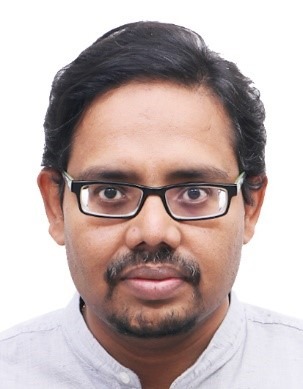
Dr. Ritesh Kumar
Director, Wetlands International South Asia 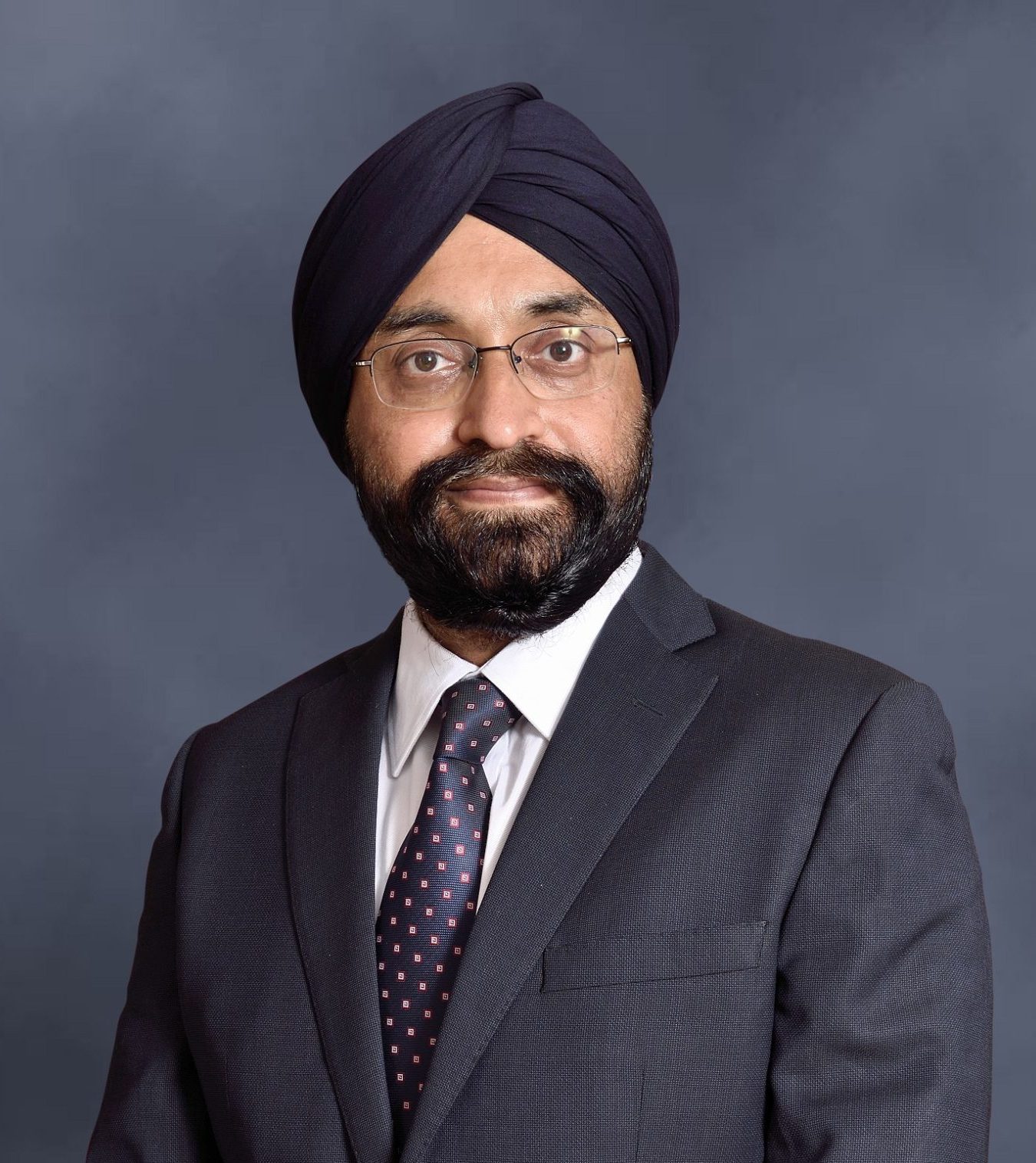
Mr Kavinder Singh
MD & CEO, 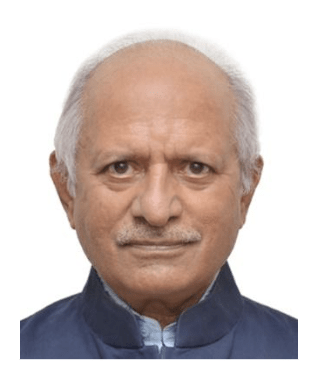
Mr Ravi Singh
Secretary General 
Ms Nyrika Holkar
Executive 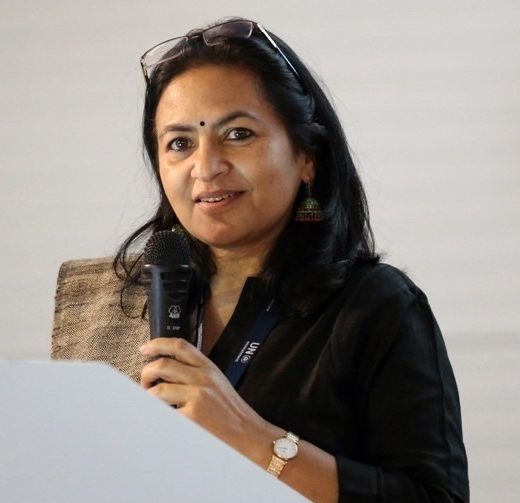
Ms Ruchi Pant
Chief- Climate Change, Resilience & Chemicals Management, UNDP India- ADD |
Sovereign 1 |
| 1430-1630 hrs Sovereign 2 |
1430-1630 hrs
Struggling to reach 2030 SDGs and with our planet’s population poised to reach 8.5 billion people, economists, officials, environmentalists and companies alike seek sustainable economic growth approaches that neither increase raw material consumption and dependencies, nor damage our environment, thus compromising future generations. EU and India, among many more like-minded countries and business leaders count Circular Economy (CE) and Resource Efficiency (RE) among such promising approaches which is able to balance planet, people and profits. In India, there is a growing momentum at the national level to mainstream RE/CE across different sectors, including construction, E- waste, plastics, and textile. In March 2021, NITI Aayog constituted 11 Circular Economy Committees and entrusted line Ministries with the task of developing action plans for their respective sectors. The transition is expected to meet the ends of productivity enhancement, opportunities for new businesses and jobs, and will be supported by active public policies covering inter alia regulations, extended producer responsibility framework and innovation facilitation. The European Union and its 27 Member States are early adopters of CE and RE. They work towards helping and encouraging its global partners to do the same in light of national circumstances and capacities. Given the interconnected nature of global economy, the transition would require collaborative approaches and (public and private) partnerships for enabling all stakeholders to move forward. CII’s 17 th Annual Sustainability Summit will host a session, ‘Partnerships and Innovation for India’s Circular Economy Transition’. This will explore partnerships to mainstream CE and RE innovations. The presentation on the learnings of EU-REI mapping study would be followed by two panel discussions. The first panel discussion would illustrate different initiatives by the EUMS within their countries and how similar initiatives can be implemented in India. The second panel discussion would have speakers from different businesses in India showcasing their RE/CE solutions and needs (technology, investments etc). 
Dr. Rachna Arora
Team Leader & Coordinator, European Union – Resource Efficiency Initiative, India 
Dr Michael Bucki
Counsellor, Head of Section, EU Delegation to India 
Mr. Kimmo Siira
Counsellor (Trade and Investment , Embassy of Finland, New Delhi 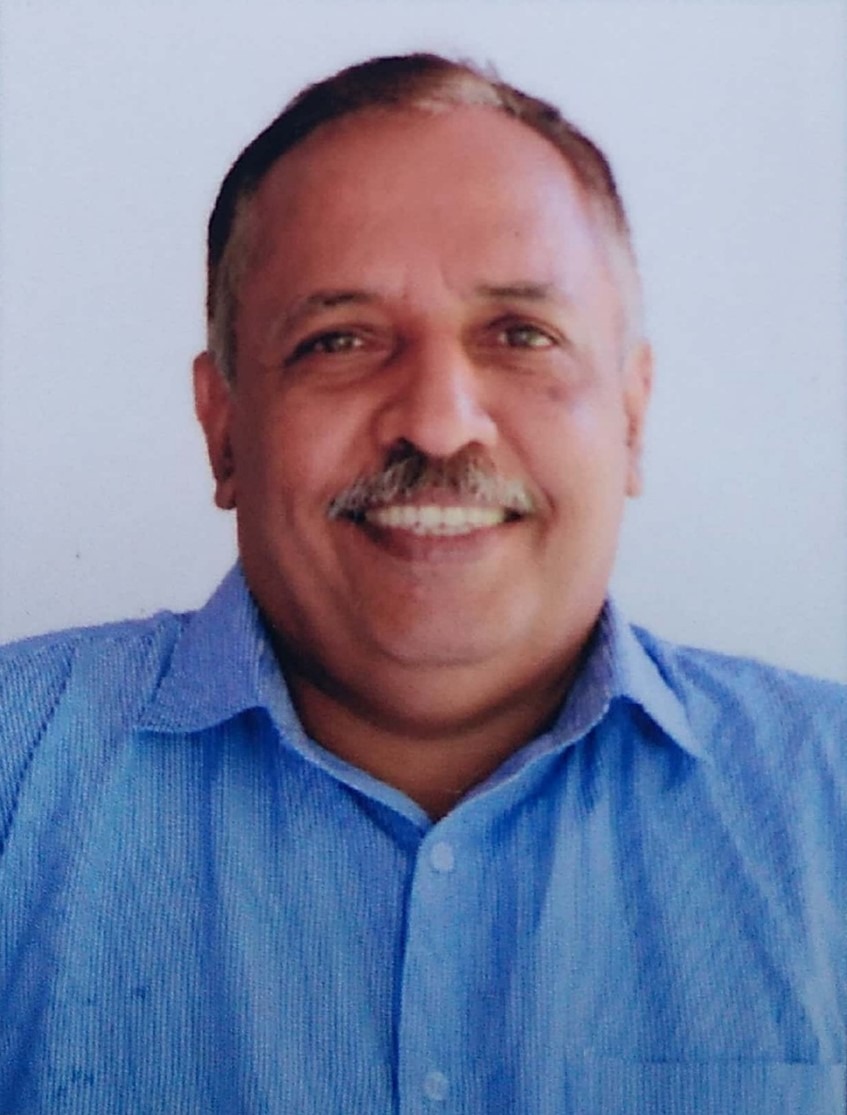
Mr Vinayakumar B
Founder, Thooshan 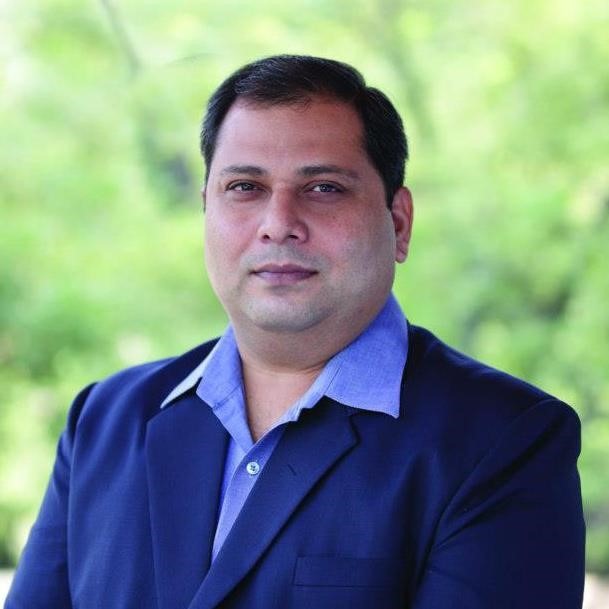
Dr Subhas Budhe
CMD, Biocare India Pvt Ltd 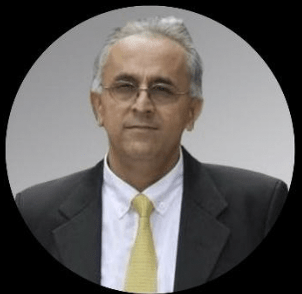
Dr Manu Sharma
Chief Product Development Officer, Strawcture |
Sovereign 2 |
| 1530-1630 hrs Sovereign 1 |
1530-1630 hrs
Climate finance is one of the key elements to unlock resources and drive action in achieving net zero and fighting climate change. Although climate goals are set, implementation efforts require momentum. There should be robust financing mechanisms and rigorous solutions to develop and deploy climate mitigation technologies, promote adaptation, and build resilience. India is committed to achieving net-zero emissions by 2070. Several companies, major investors and financial institutions are interested and have been adopting sustainable business plans that are in line with a 1.5°C future and transition to a decarbonized economy. But achieving this goal is a massive task as it presents huge challenges. According to a study by Standard Chartered Plc, India will require $17.77 trillion to meet its long-term net-zero goals with additional resources worth $12.4 trillion to complete the green journey. The session will focus on the challenges and opportunities in financing climate action. It will further discuss on the role of stakeholders in mobilizing finances for achieving India’s climate goals. 
Mr Bose Varghese
Senior Director ESG, Cyril Amarchand Mangaldas 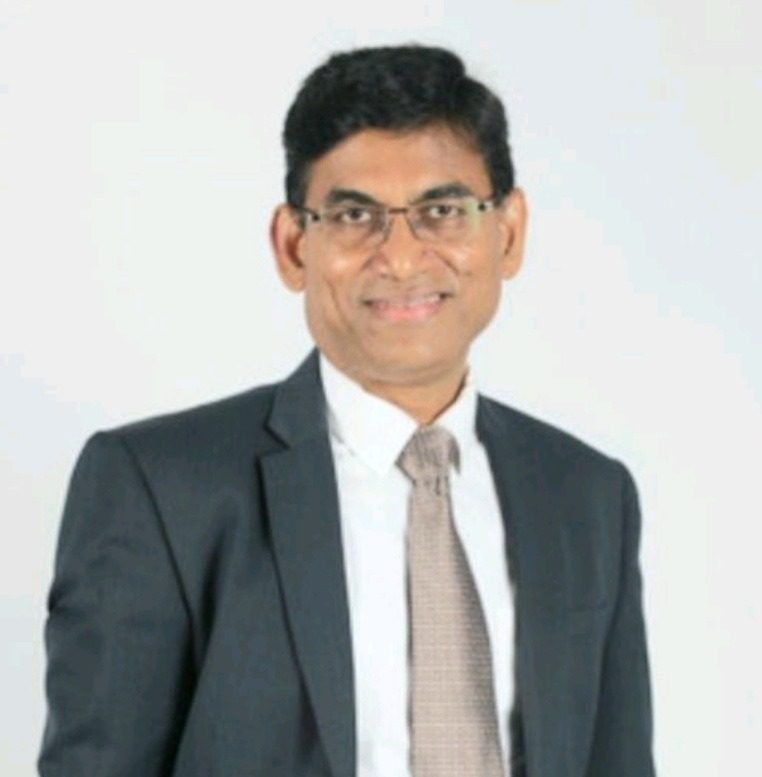
Mr Manish Chourasia
Managing Director, Tata Cleantech Capital Limited (TCCL) 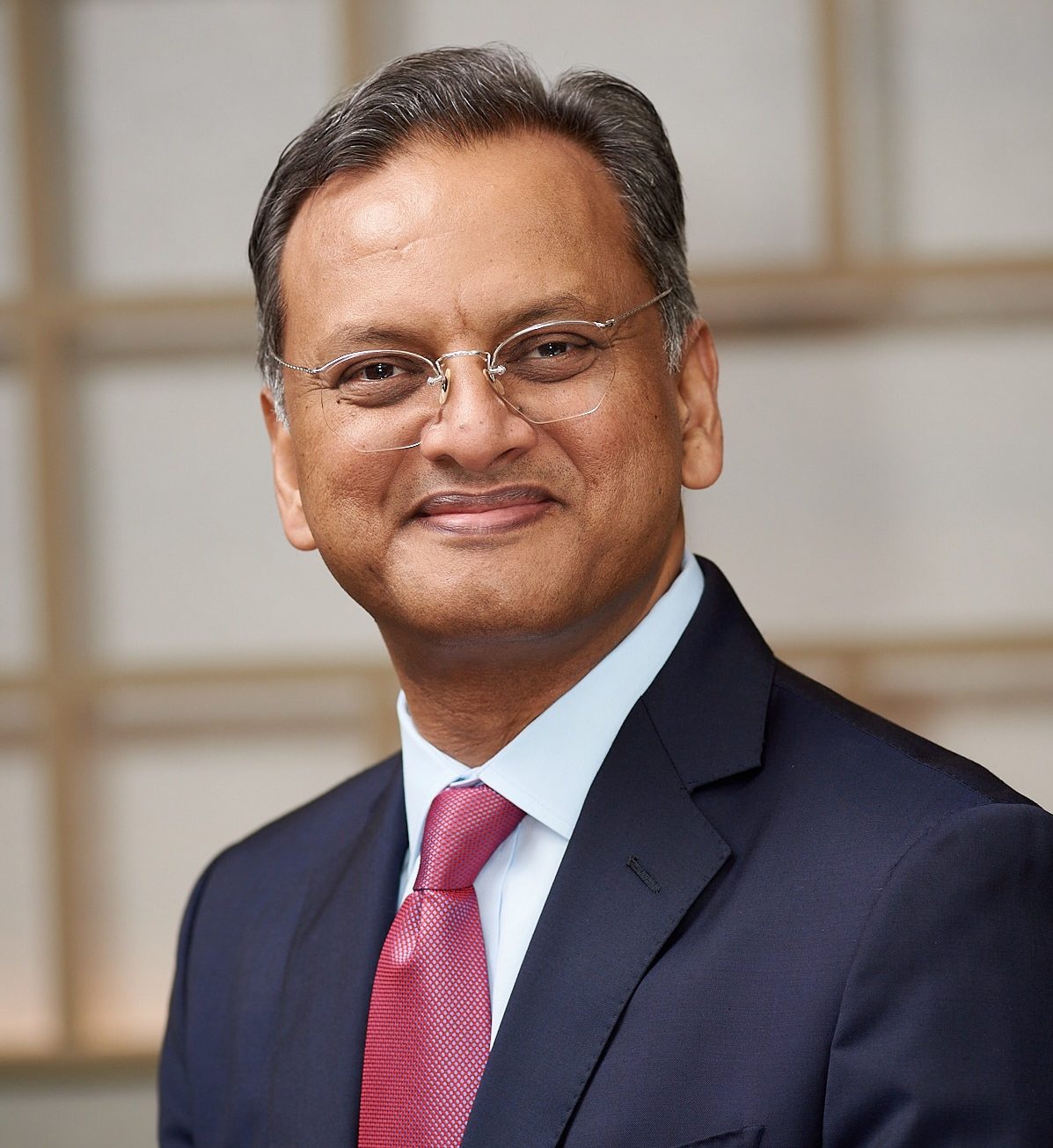
Mr Kamran Khan
Managing Director, Head of ESG, Asia- Pacific, Deutsche Bank 
Mr Kim Cook
Financial Counsellor, Danish Embassy, New Delhi 
Mr Dibirath Sen
Managing Director & Head of Global Banking, North India, India Lead, Sustainable Finance, HSBC India |
Sovereign 1 |
| 1630-1715 hrs Sovereign 1 |
1630-1715 hrs
(Venue: Sovereign 1) 
H. E. Freddy Svane
Ambassador, Royal Danish Embassy, New Delhi 
Ms Koukku-Ronde, Ritva
Ambassador of Finland to Bangladesh 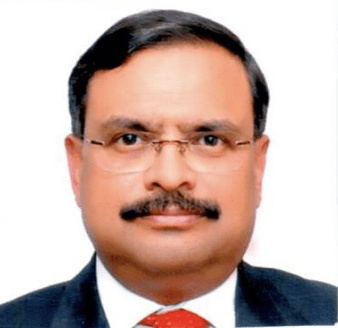
Mr. C K Mishra
Secretary Ministry of Environment , Forest & Climate Change Government of India 
Ms Seema Arora
Deputy Director General, Confederation of Indian Industry |
Sovereign 1 |
* To be invited

Key Speakers
For 17th Sustainability Summit

Shri Ashwini Kumar Choubey
Minister of State for Environment, Forest and Climate Change & Consumer Affairs, Food and Public Distribution, Government of India

Shri Sudhanshu Pandey
Secretary, Department of Food and Public Distribution, Ministry of Consumer Affairs, Food and Public Distribution

Mr Sanjiv Puri
Vice President, Confederation of Indian Industry, and Chairman, Advisory Council, CII-ITC Centre of Excellence for Sustainable Development and Chairman & Managing Director, ITC Limited

H.E. Cecilia Ekholm
Ambassador for Sustainable Business, Ministry for Foreign Affairs, Sweden

Mr Jamshyd Godrej
Past President, CII and Chairman and Managing Director, Godrej & Boyce Mfg. Co. Ltd

Mr Amarjeet Singh
Executive Director, SEBI

Ms Shoko Noda
UN Resident Representative, UNDP

Ms Rekha M. Menon
Chairperson and Senior Managing Director, Accenture India

Mr Vipin Sondhi
Chairman, CII National Committee on Future Mobility and Battery Storage

Mr Nitin Prasad
Chairman, CII-Cleaner Air Better Life Initiative, Chairman, Shell India

Mr Tejpreet Chopra
Co-Chair, CII-Cleaner Air Better Life Initiative & CEO, BLP Group

Mr Kavinder Singh
Chairman, CII-India Business & Biodiversity Initiative & MD & CEO, Mahindra Holidays & Resorts India Limited

Prof. Stuart L. Hart
President, Enterprise for Sustainable World

Mr Sanjiv Paul
VP-Sustainability, Health & Safety, Tata Steel

Mr Koushik Chatterjee
Executive Director & Chief Financial Officer, Member of the Board, Tata Steel Limited

Mr Srivatsan Iyer
Global CEO, HFE

Mr Daniel Schmid
Chief Sustainability Officer, SAP SE

Mr Thomas Steenbech Bomhoff
Regional President APAC-MEA & Vice President, Consumer Biosolutions APAC-MEA, Novozymes

Ms Priya Subbaraman
Chief Regulatory Officer, National Stock Exchange of India Limited

Dr Michael Bucki
Counsellor & Head of Section, European Union Delegation to India

Mr George Rajkumar
Country President, Grundfos India

Ms Rumjhum Chatterjee
Co-founder and Managing Trustee of The Infravision Foundation and Chairperson, Feedback Foundation Charitable Trust

Ms Nyrika Holkar
Executive Director, Godrej & Boyce

Ms Susanne Pulverer
CEO & CSO (Chief Sustainability Officer), IKEA India

Mr Nilesh Shah
Group President & Managing Director, Kotak Mahindra Asset Management Company

Mr Kamran M. Khan
Managing Director, Head of ESG, Asia Pacific, Deutsche Bank

Mr Sundeep Singh
Managing Director, Accenture

Dr Lovneesh Chanana
Vice President (Government Affairs), Asia Pacific and Japan, SAP

Mr Dibirath Sen
Managing Director & Head of Global Banking, North India, India Lead, Sustainable Finance, HSBC India

Ms Susanna Hasenoehrl
Senior Vice President and Head of Sustainability SAP Asia Pacific and Japan

Mr Krishna Mohan Puvvada
Regional President, India, Novozymes

Mr P.S. Narayan
Global Head - Sustainability and Social Initiatives, Wipro Ltd

Ms Juhi Gupta
Head Sustainability, PepsiCo India Holdings Pvt. Ltd.

Dr. Rohini Srivathsa
National Technology Officer, Microsoft India

Ms Camilla Roman
Policy specialist, Green Jobs & Just Transition to Sustainability ILO

Prof Surya Deva
Professor and Director, Centre for Environmental Law Macquarie University, Australia

Partnership Matrix
17th Sustainability Summit Opportunities and Benefits
| Benefits | 10 Lacs | 8 Lacs | 6 Lacs | 3 Lacs & below |
|---|---|---|---|---|
Co-create a session
|
||||
Avail speaker slot
|
||||
Display of Products
|
||||
Branding
|
||||
| Complimentary passes to the Summit | ||||
Networking Opportunity
|
||||
Access to library of the Summit platform
|
||||
| Access to the Outcome Report and recordings after the Summit |
| Benefits | 10 Lacs | 8 Lacs | 6 Lacs | 3 Lacs & below |
|---|---|---|---|---|
Co-create a session
|
|
|
| |
Avail speaker slot
|
|
|
| |
Display of Products
|
|
|
| |
Branding
|
|
|
|
|
Complimentary passes to the Summit
|
|
|
|
|
|
Networking Opportunity
|
|
|
|
|
Access to library of the Summit platform
|
|
|
|
|
Access to the Outcome Report and recordings after the Summit
|
|
|
|
|
|
BECOME A PARTNER
Please make sure you share your organisation name, contact number and the partnership level you are interested in when sending the email.
Get in touch
Participation
Why Attend?
Get insights on the latest in the field of sustainability
Exchange ideas and learn from the best practices
Connect with the best industry leaders and build network
Find solutions-based deliberations
Meet our internal trainers and experts
Who can attend?
Registration fees
*Fee amount for single participant (in INR)
CII Members
2000
Others
2500
NGOs/ Educational Institutions
1500
Bi-lateral & Multi-lateral organisations
2000
One Day Charge (Applicable to all categories)
1000
Participants of CESD's Trainings in 2022
1500
Fee Amount for foreign delegates (in USD)
34
*Applicable taxes extra
Discounts:
- 25% Group (group of 3 and above) discount on select categories (not valid on early-bird discount and one-day charges)
Mode of payment
Details for NEFT / RTGS
Name
Confederation of Indian Industry
Account number
52205035775
Bank name
Standard Chartered Bank
Address
23, Barakhamba Road, Narain Manzil, New Delhi - 110001
IFSC code
SCBL0036020
MICR
110036002
Details for Cheque payment
Please draw cheque / demand draft in favour of “Confederation of Indian Industry" payable at New Delhi. Please send the cheque to:
Pawan Kumar
CII-ITC Centre of Excellence for Sustainable Development
3rd Floor, Andhra Association
24-25, Lodhi Institutional Area, New Delhi – 110003
Tel: +91 11- 4002 8861 (D)
Please note:
- Full payment is to be made during the process of registration
- Fee once paid is transferable but not refundable
- Registration will only be considered complete on realisation of fee
Register Now and join More than 8,300 of your peers who have participated in the previous editions of the Sustainability Summit

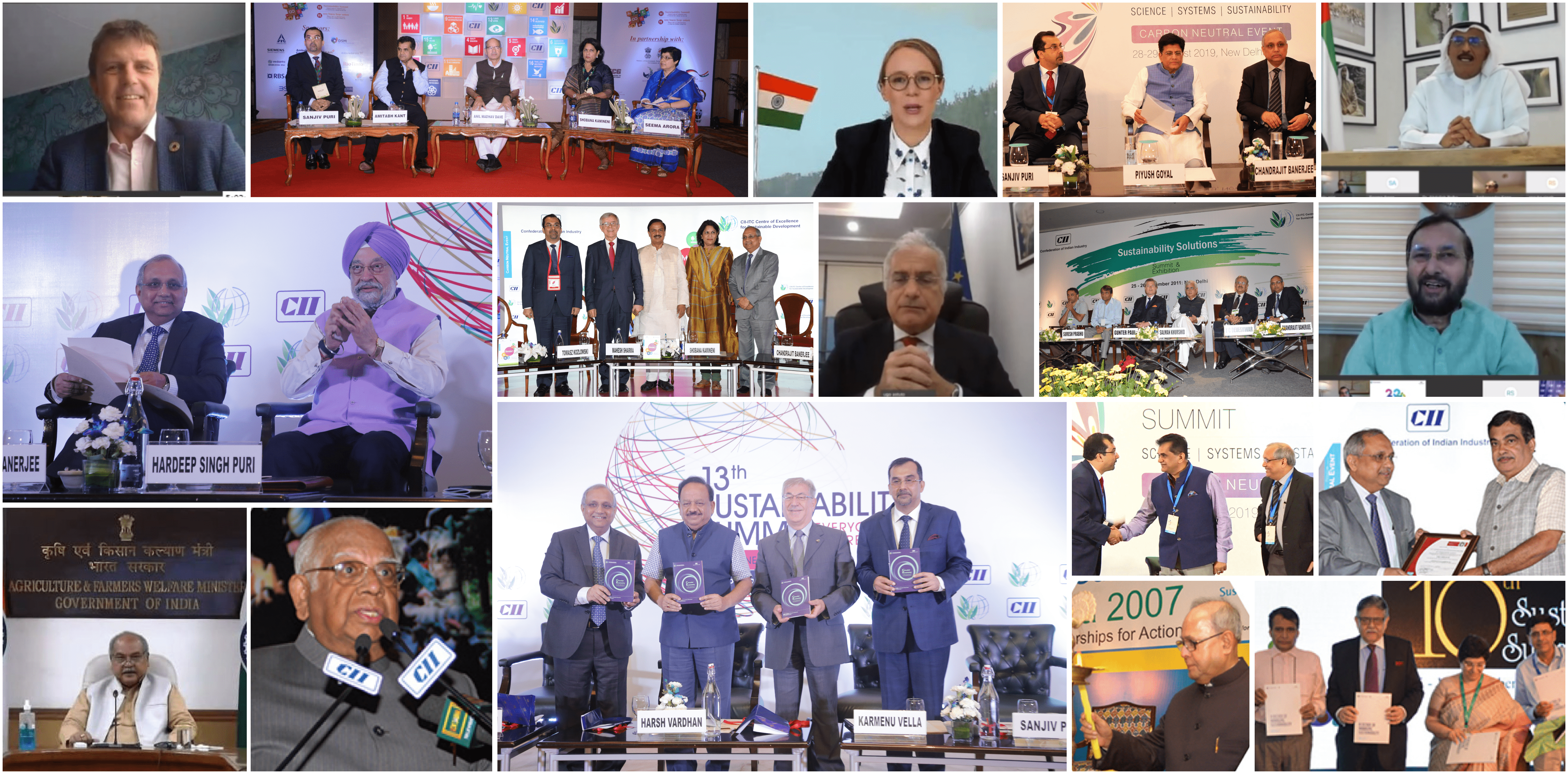
Speaker Quotes

Contribution of agriculture to Indian economy is important. The present agricultural policies are striving to increase farmer incomes & reduce the impact of climate change

Shri Narendra Singh Tomar
Minister of Agriculture & Farmers Welfare, Government of India

The one-of-its-kind Green Strategic Partnership b/w India & Denmark will bring green growth and ensure job creation. Denmark is committed to work with India to make future green and resilient

Ms. Lea Wermelin
Minister of Environment, Government of Denmark

Building Resilience through Technology is important, but each technology should pass at least one ethical collective test, that addresses environmental and sustainability issues

Shri Suresh Prabhu
Six Times Member of Parliament

As we reset the economy to bring back jobs and growth post Covid, we need to put the economy on a sustainable & circular growth path

H.E. Mr Ugo Astuto
Ambassador, European Union to India

Collaborative efforts by both public and private sectors are required for achieving ambitious NDCs by nations. 4000 businesses have already committed to race to zero, making up for about 70% of the world

Mr. Nigel Topping
High Level Champion for Climate Action, COP26

Plastics problem is a global one & we have to deal with it together. Through joint efforts by CII, WWF India, the Waste and Resources Action Programme (WRAP), UK Research and Innovation, and members of the India Plastics Pact, this first of its kind initiative in Asia will complement India’s other bold initiatives in the renewables sector and efforts to limit single-use plastics

H.E. Mr. Alexander Ellis
High Commissioner to India, British High Commission
Outcome Report of 16th Sustainability Summit
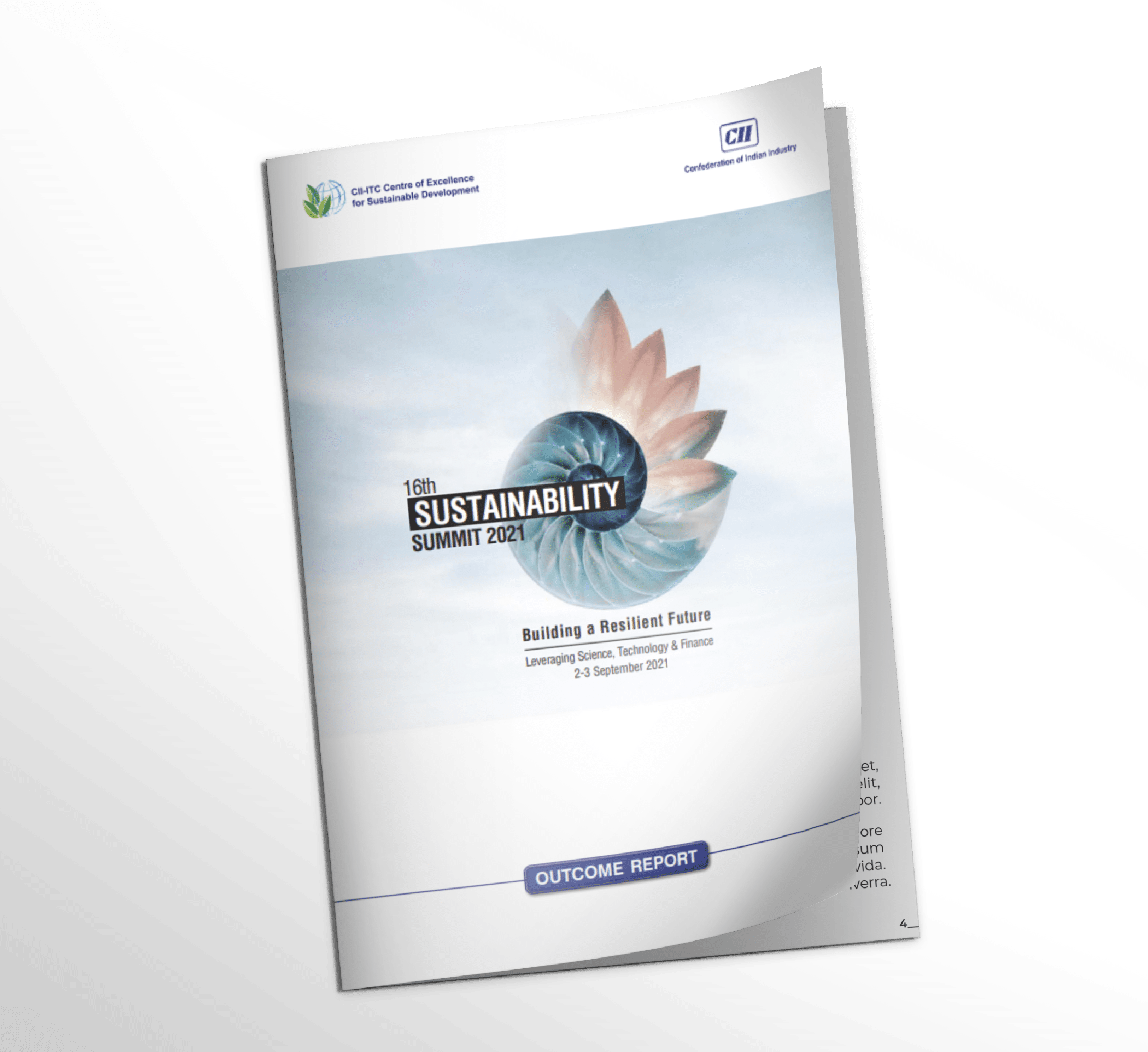


Get in Touch
Contact Person
Banajyotsna Baruah
banajyotsna.baruah@cii.in
9818976497
Sonia Dhamija
sonia.dhamija@cii.in
9311222665
Reach Us Here
sustainability.summit@cii.in
www.sustainabledevelopment.in
+91 11 4002 8854 / 8876
CII-ITC Centre of Excellence for Sustainable Development 3rd Floor, Andhra Association, 24/25 Institutional Area Lodhi Road, New Delhi 110003

